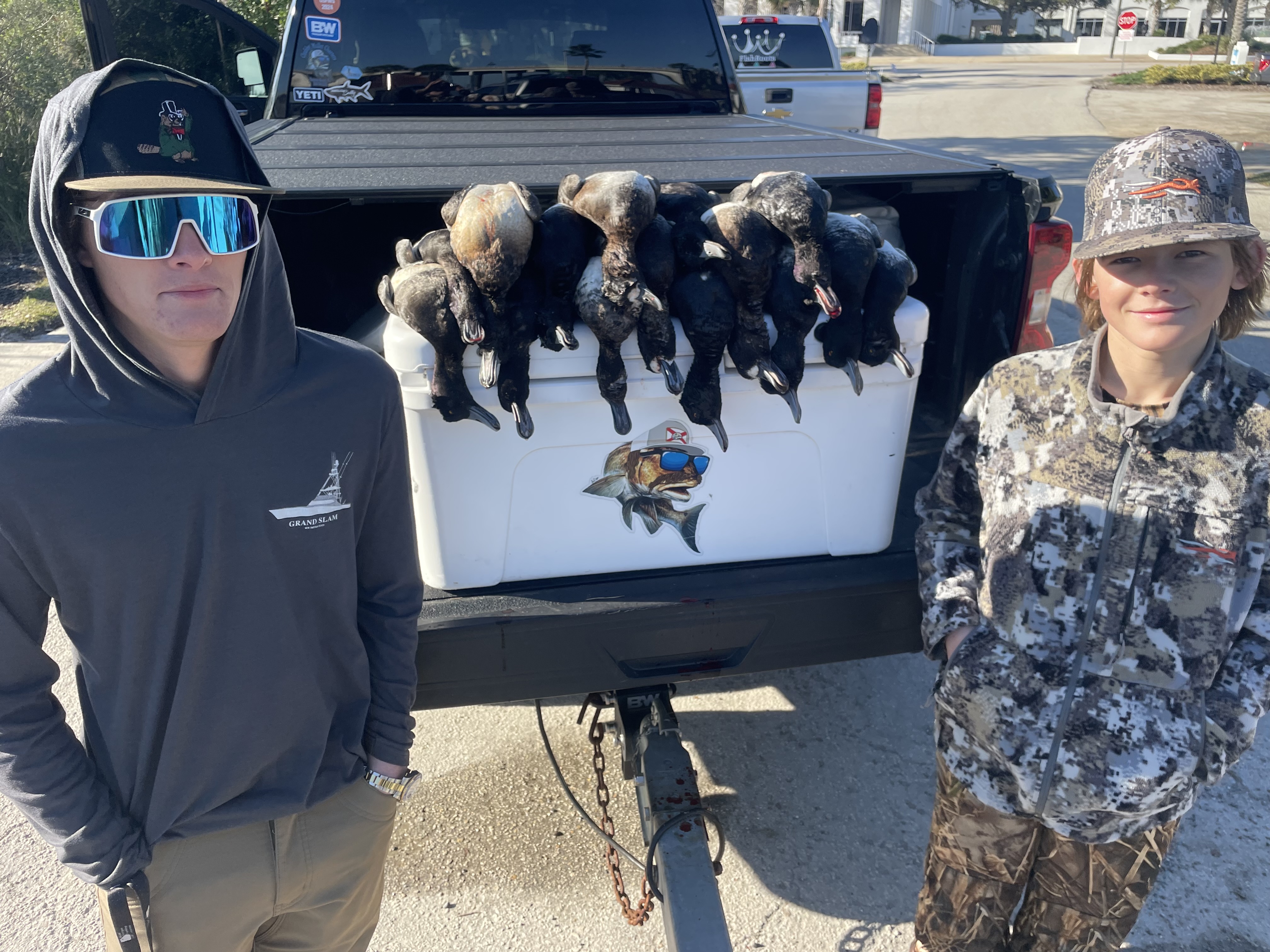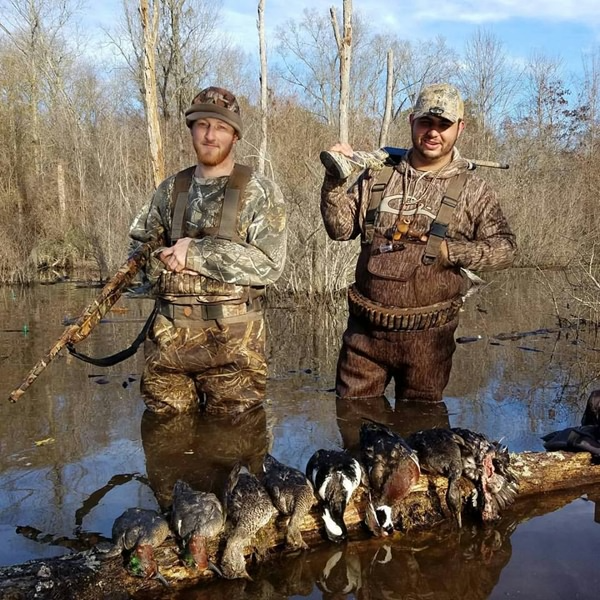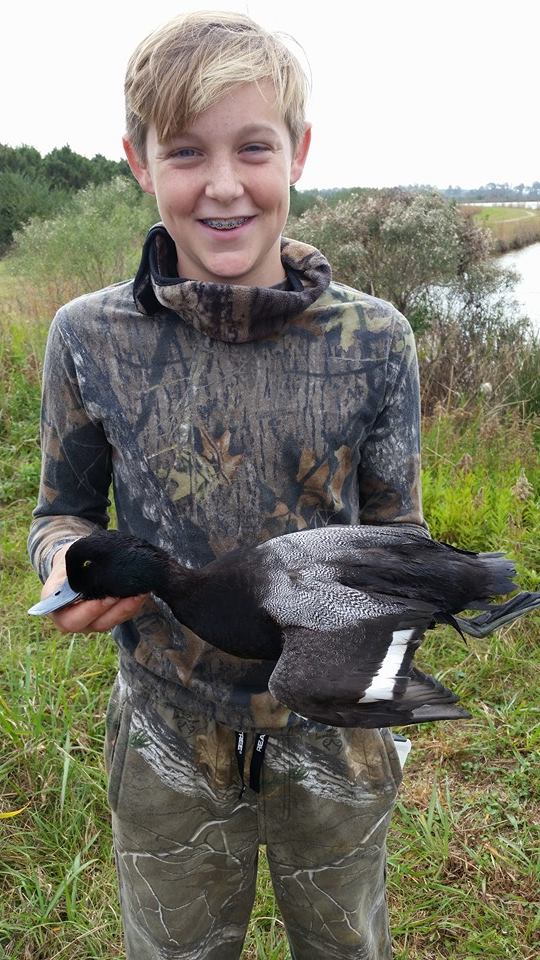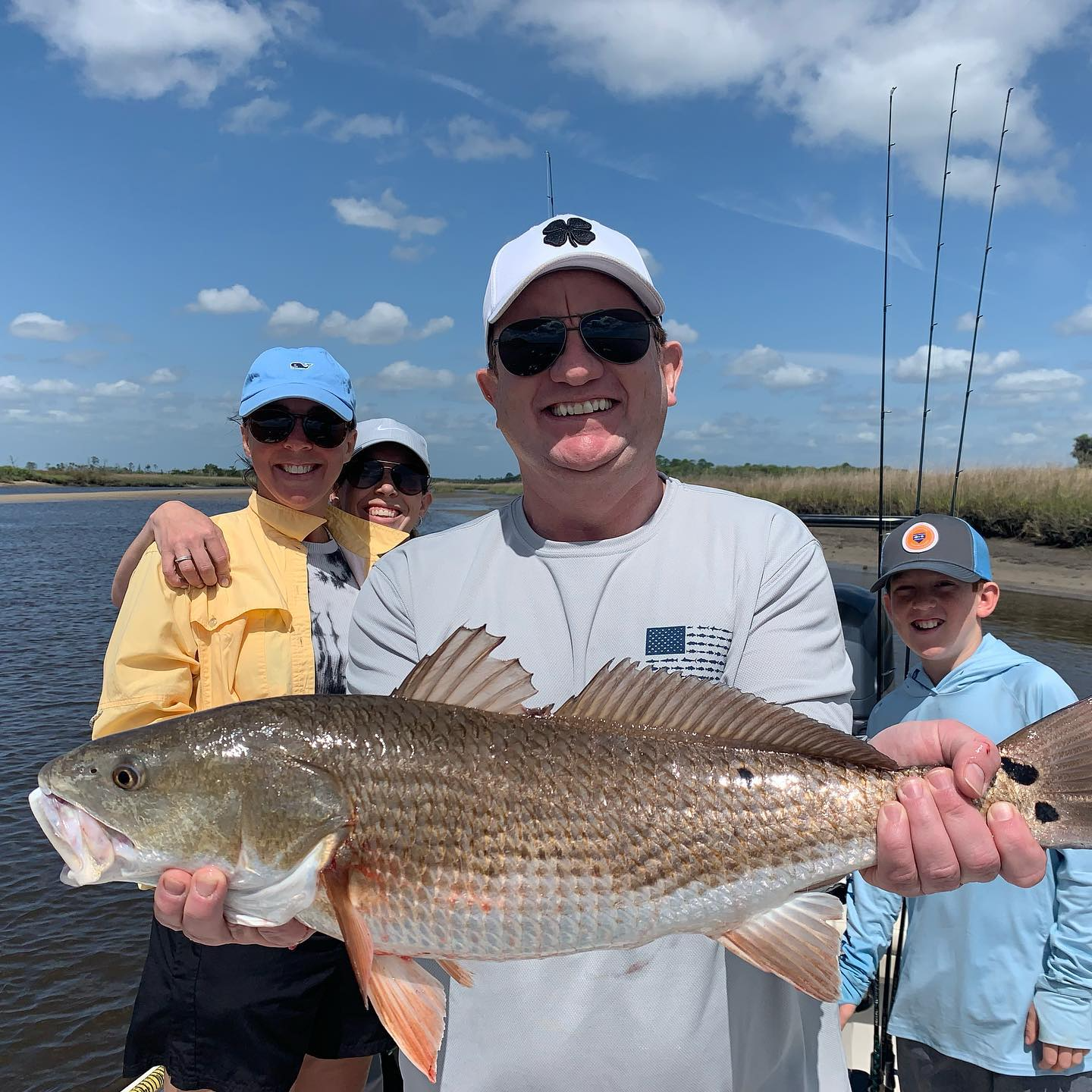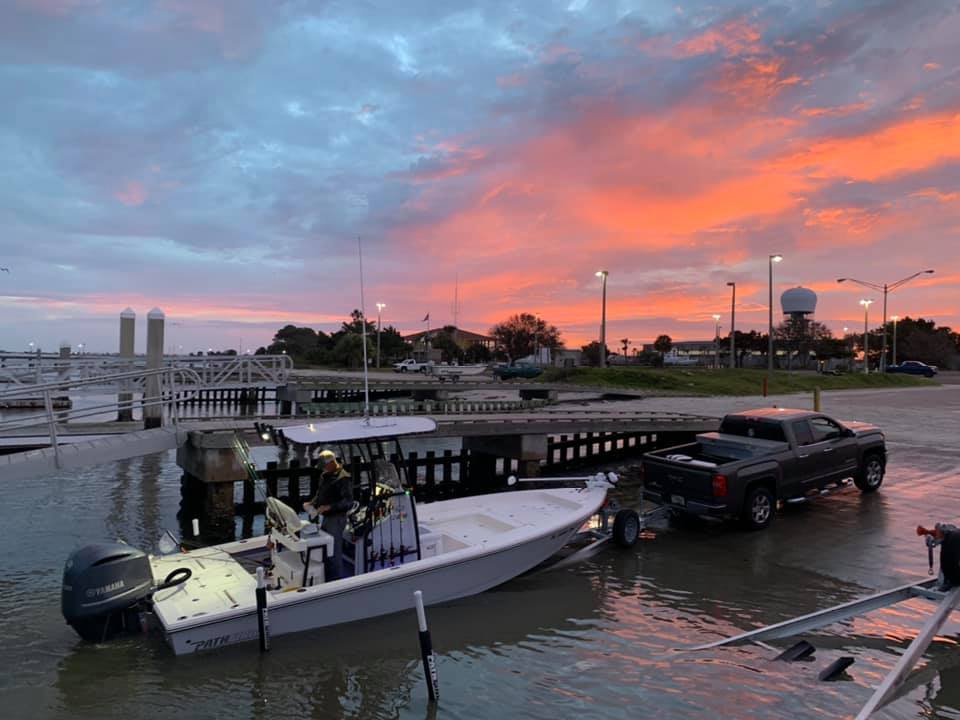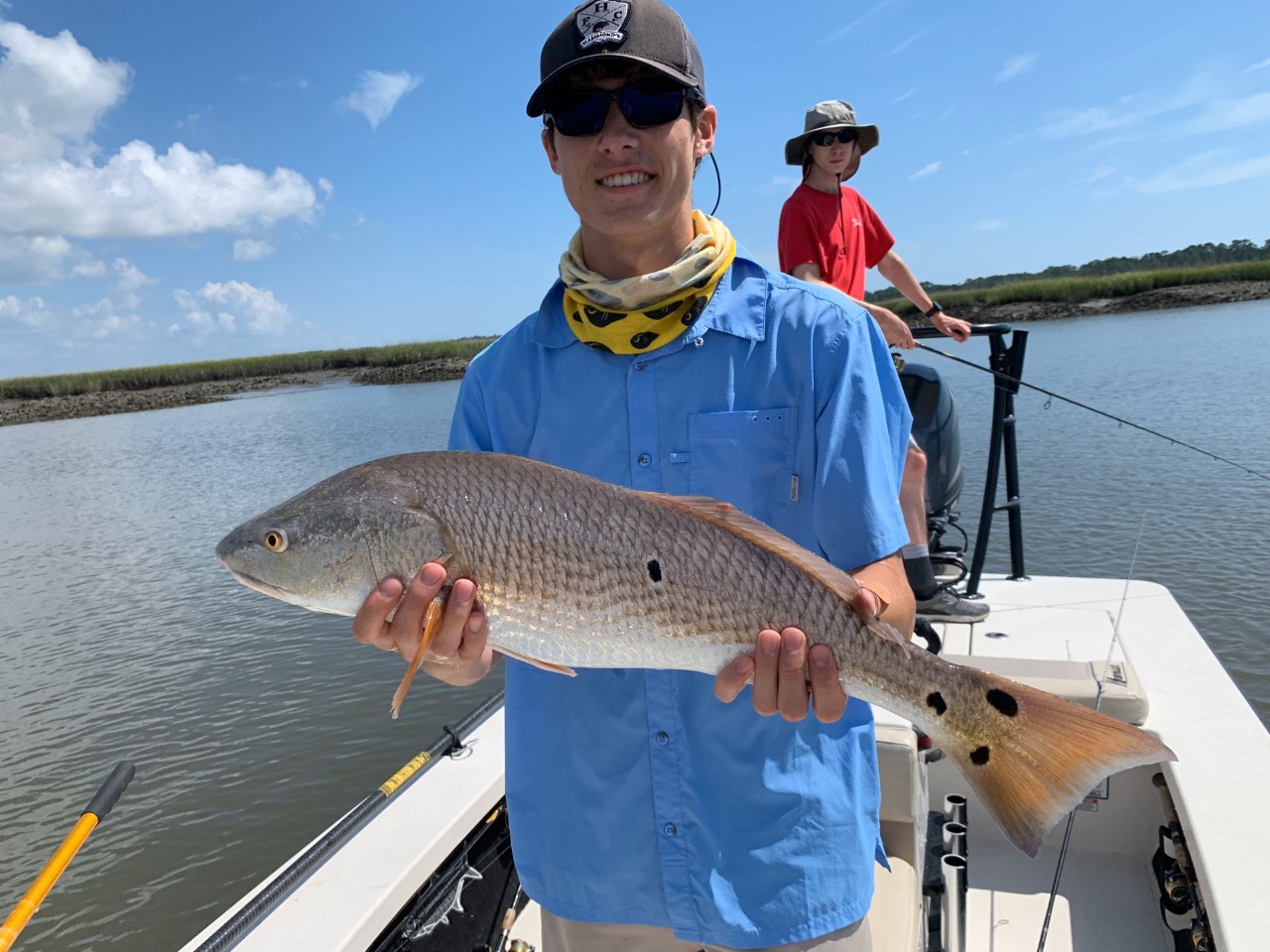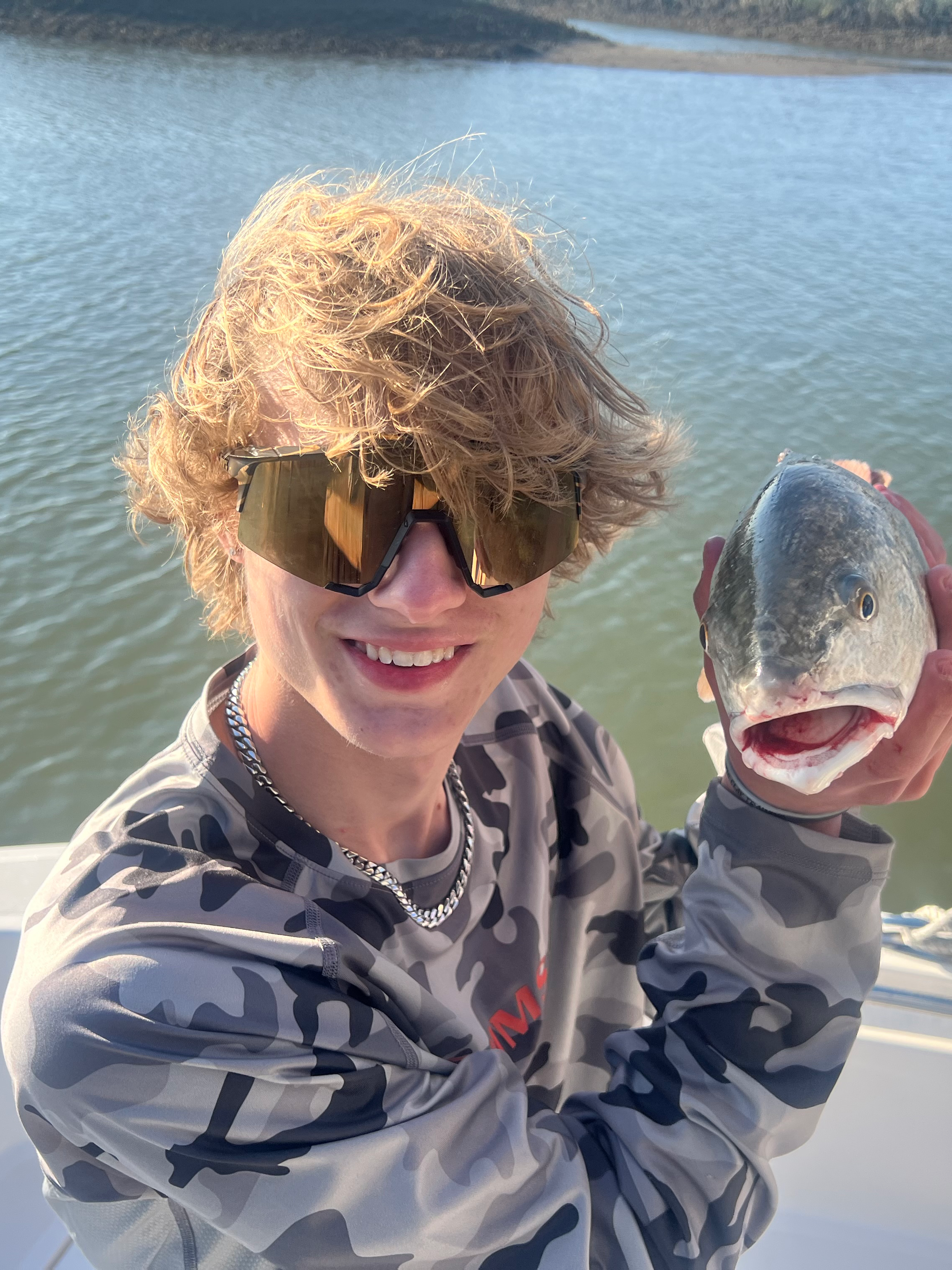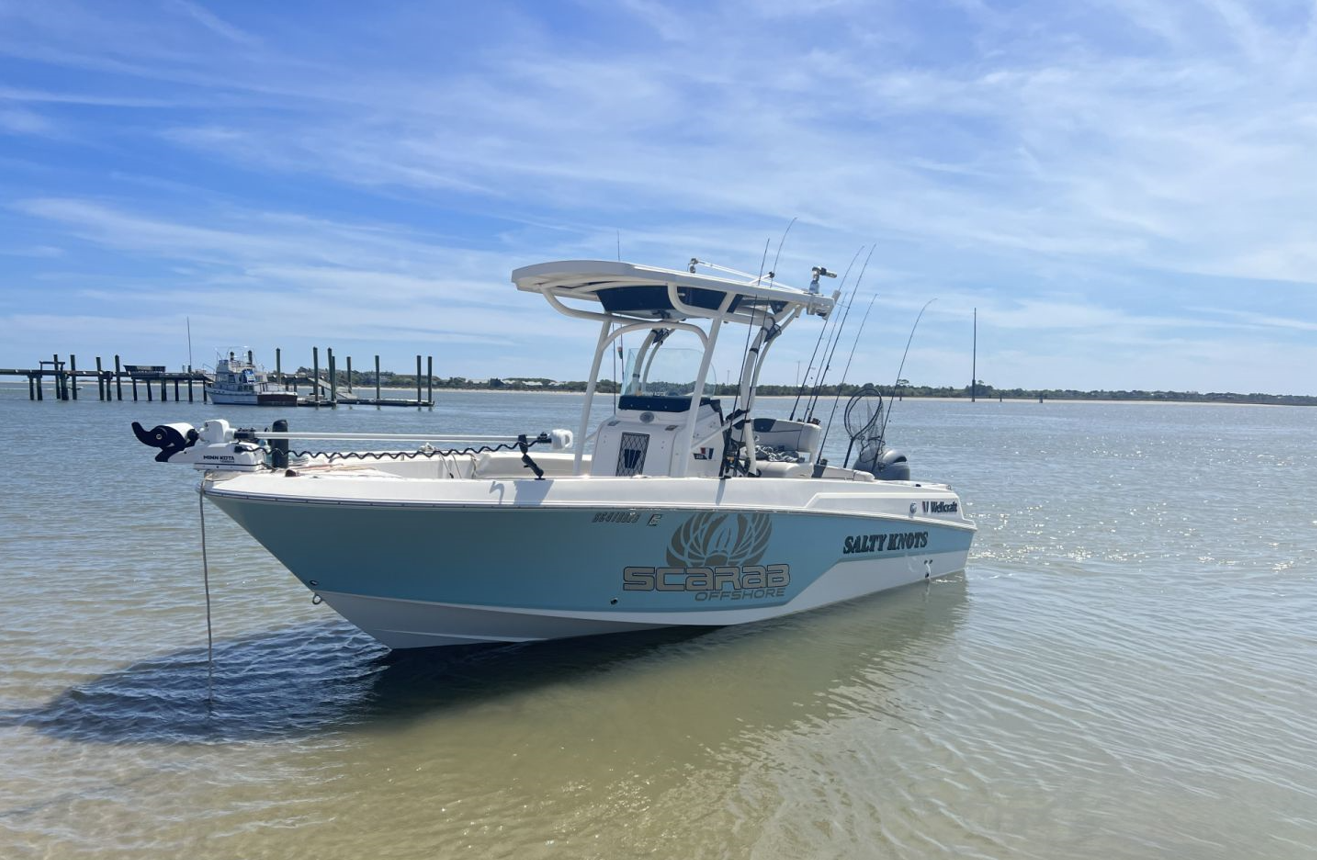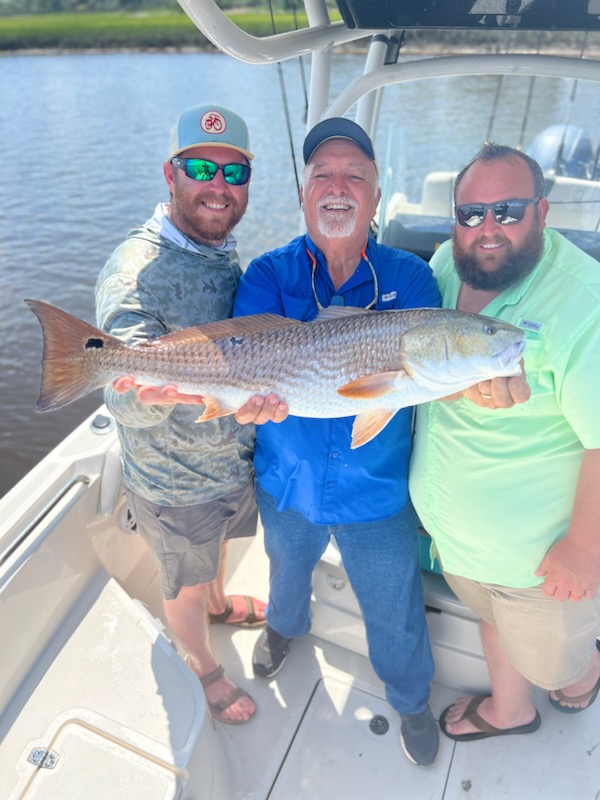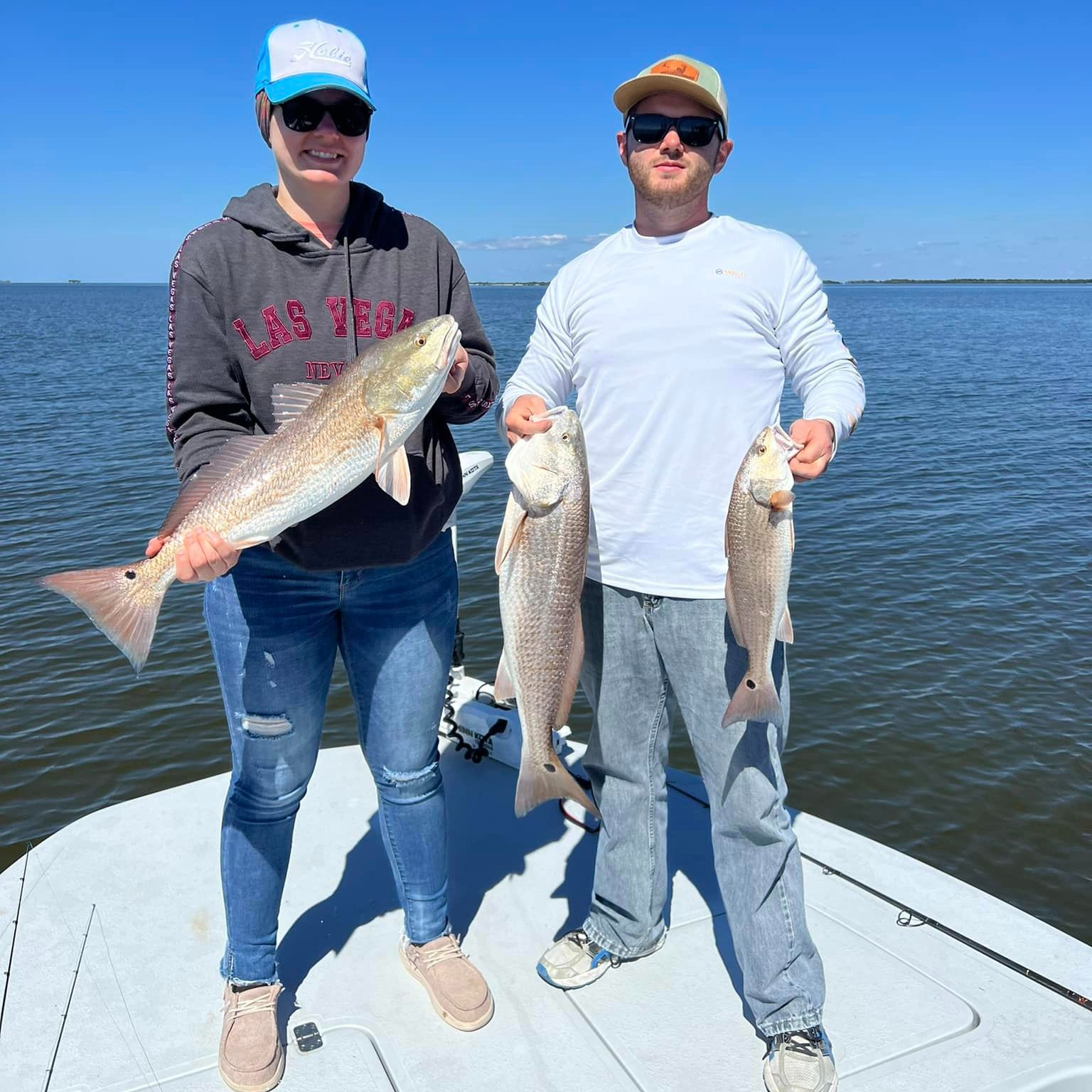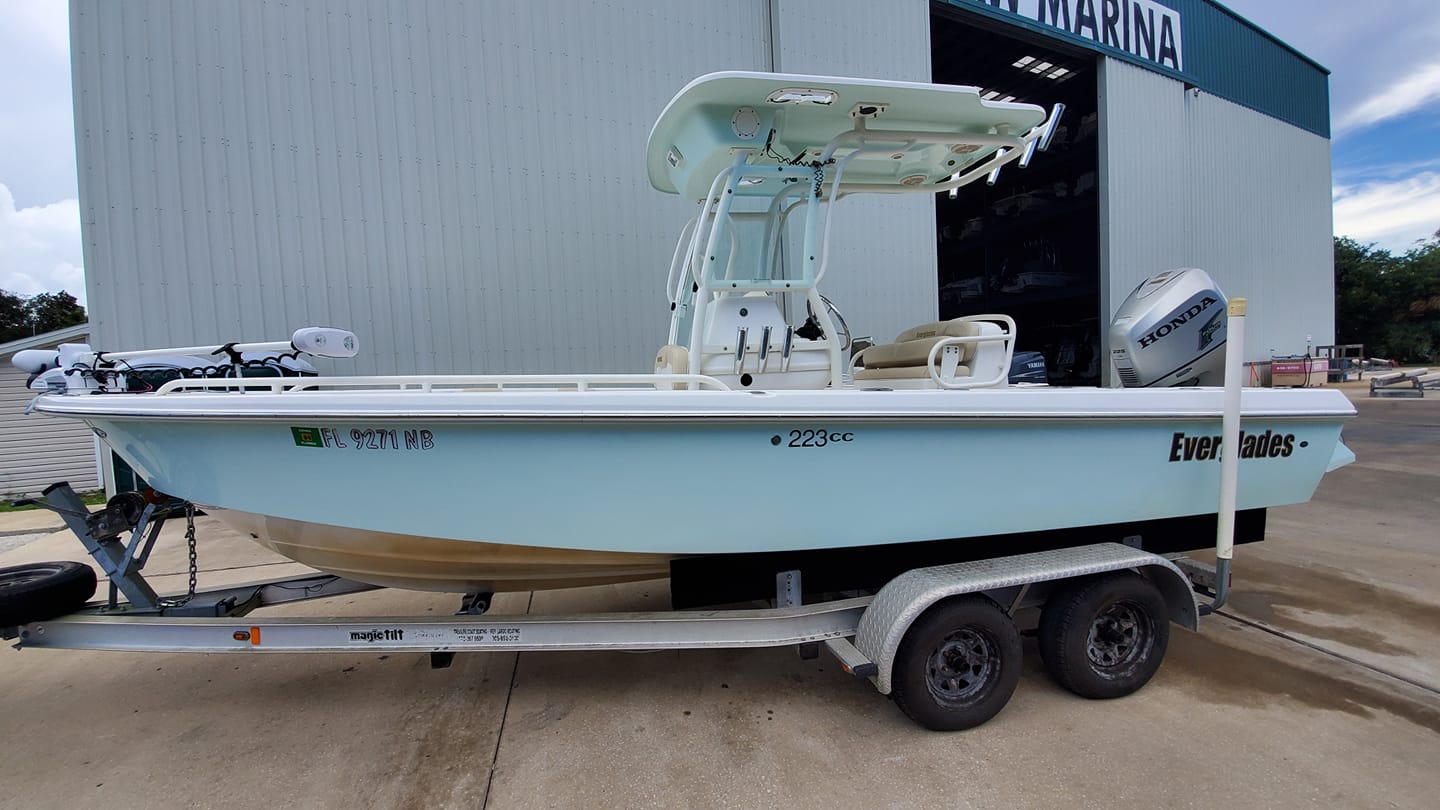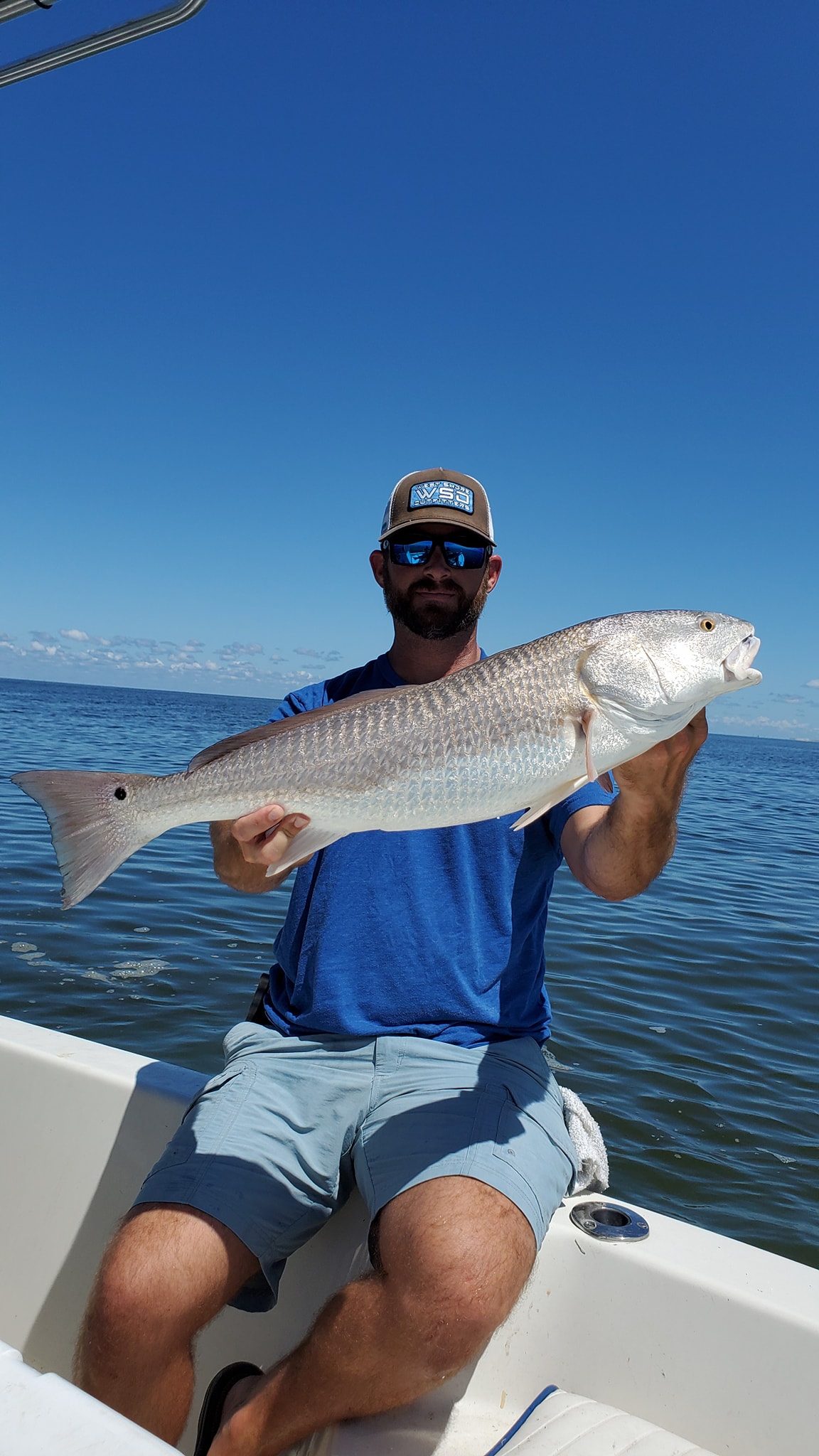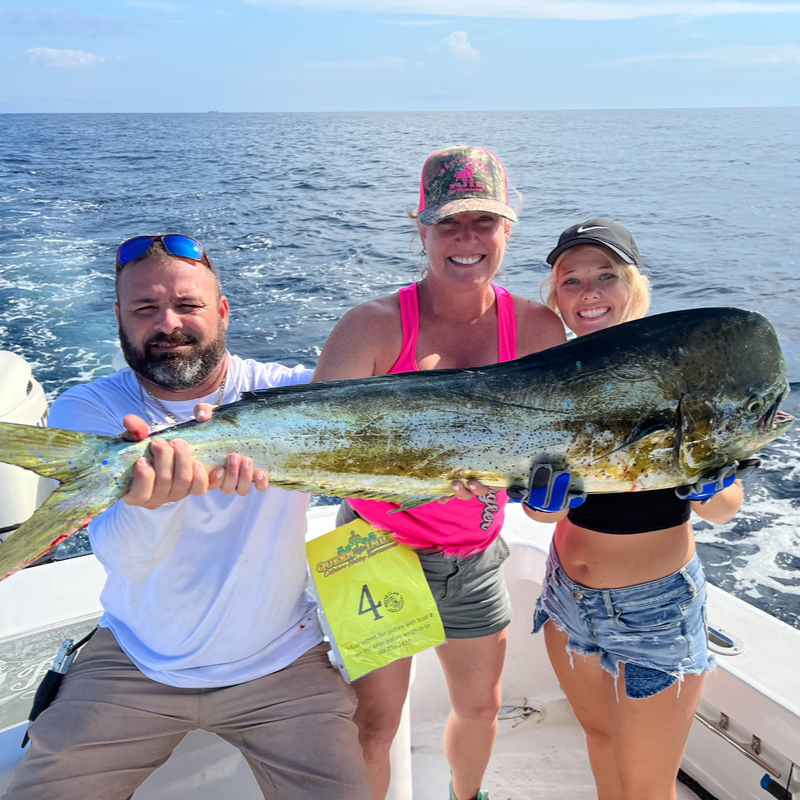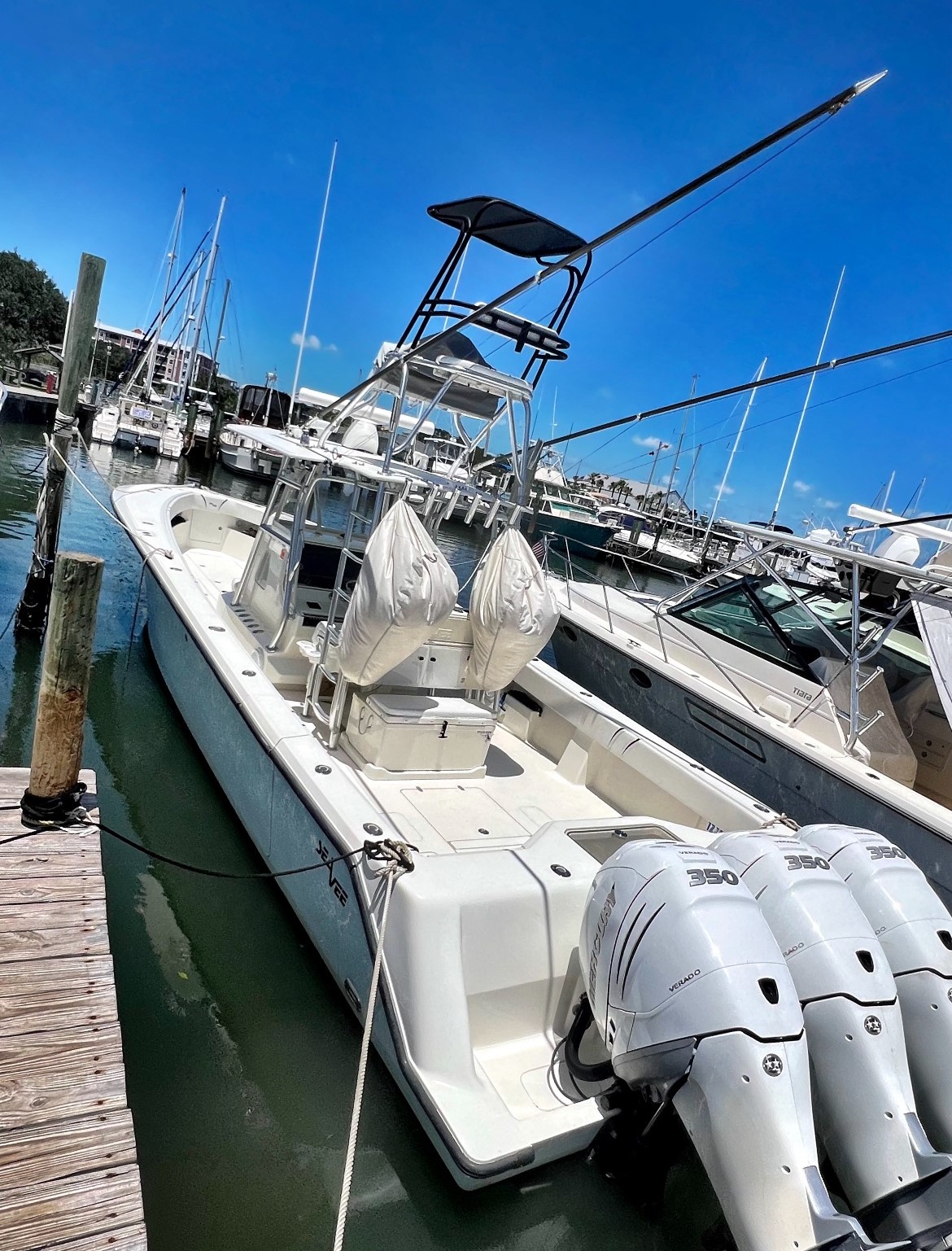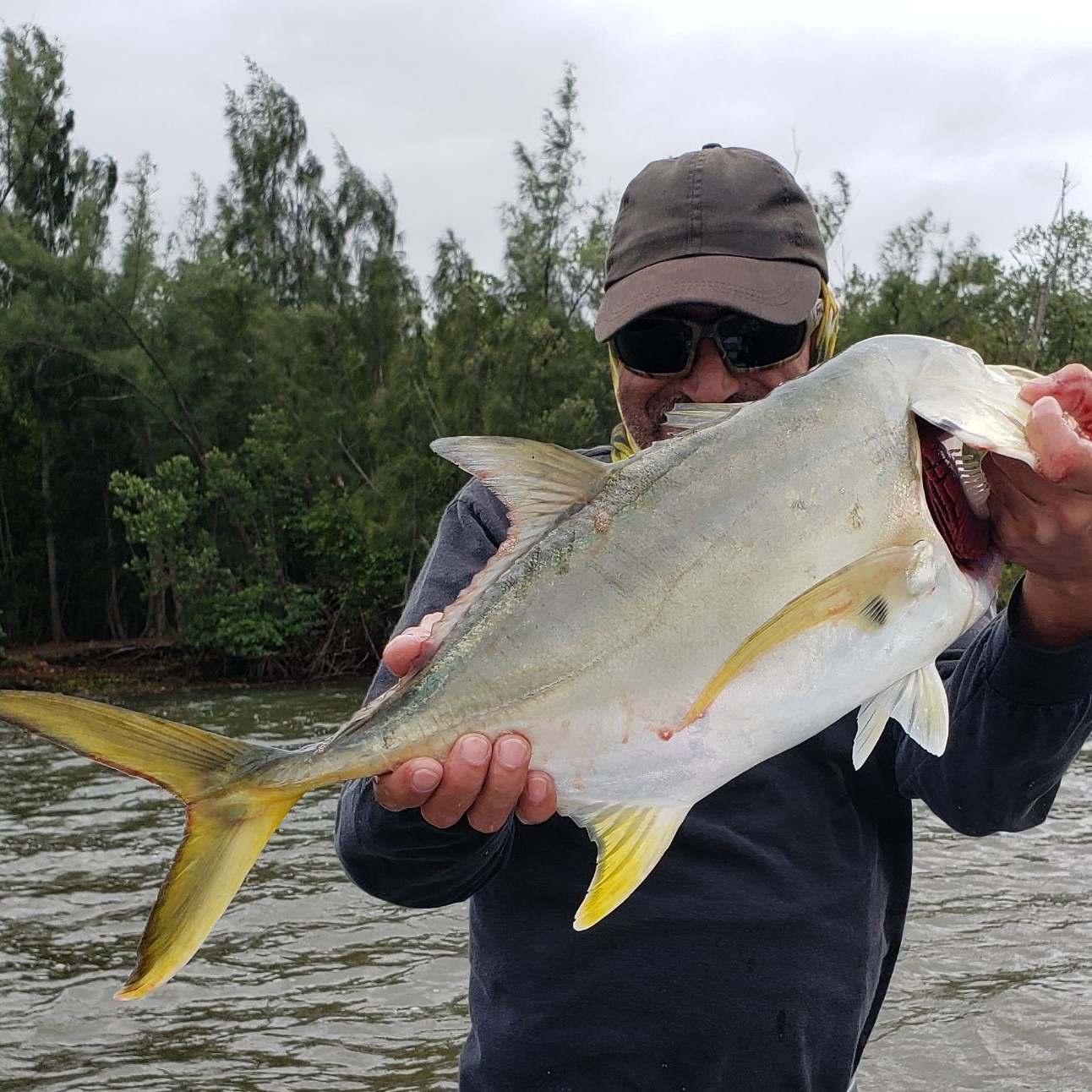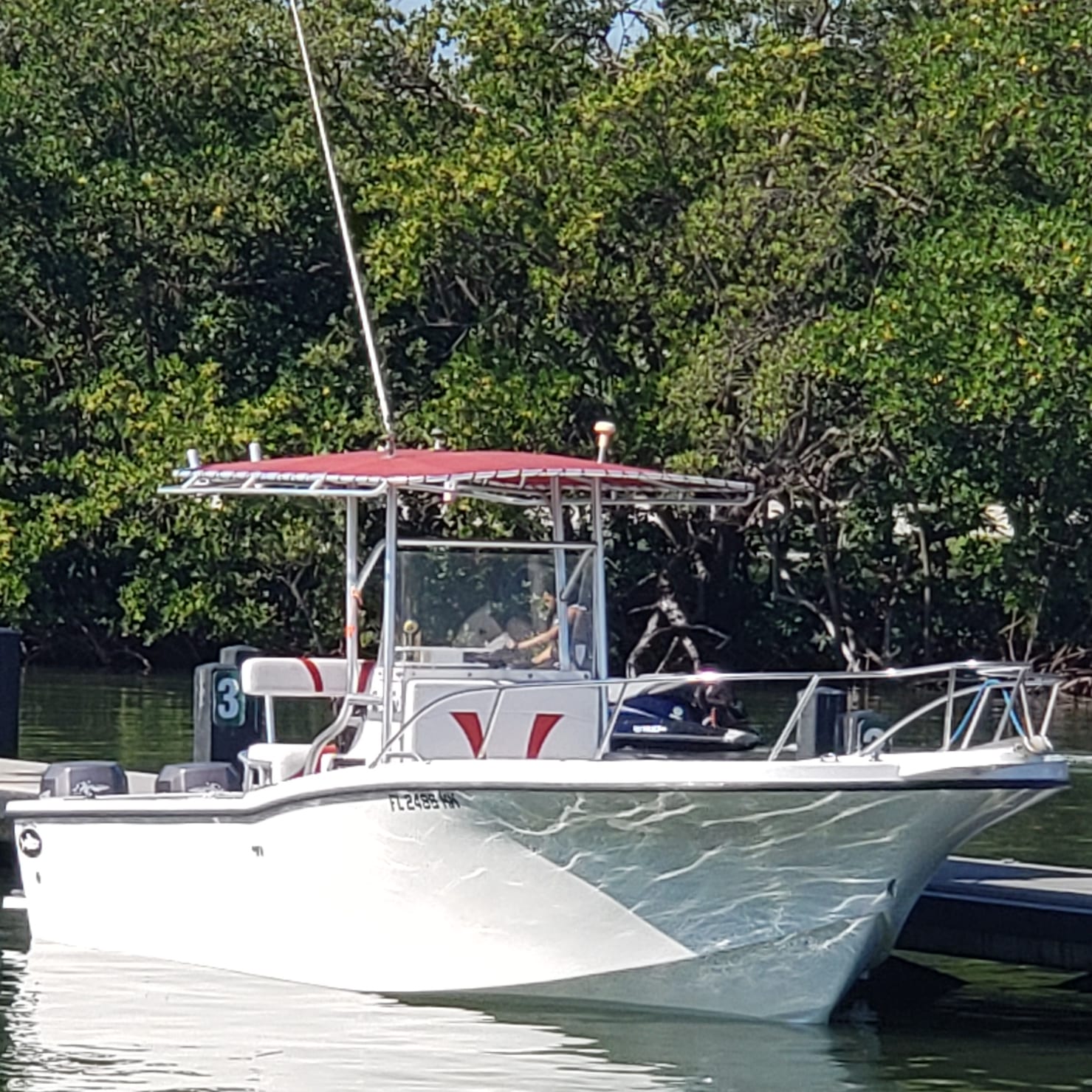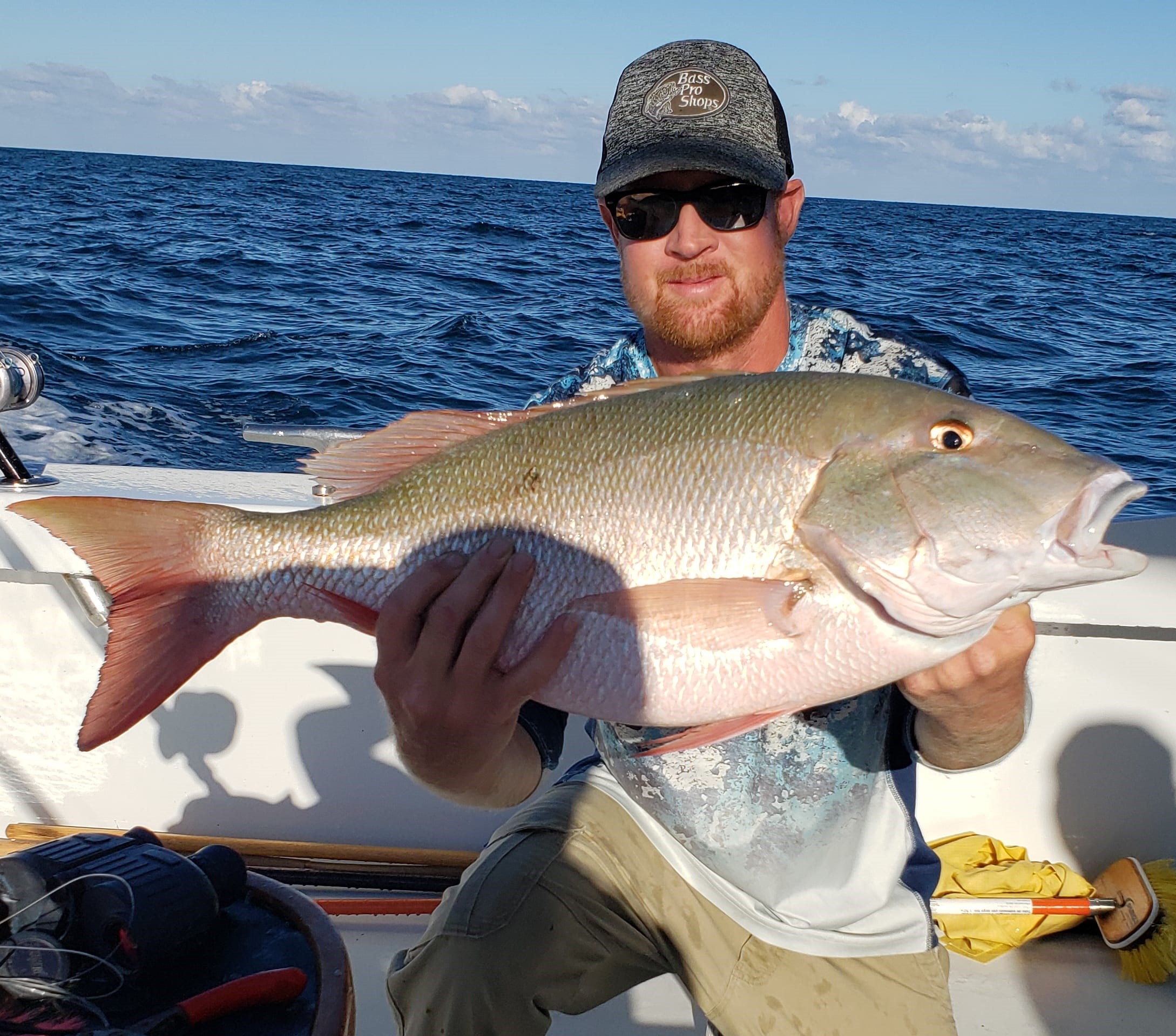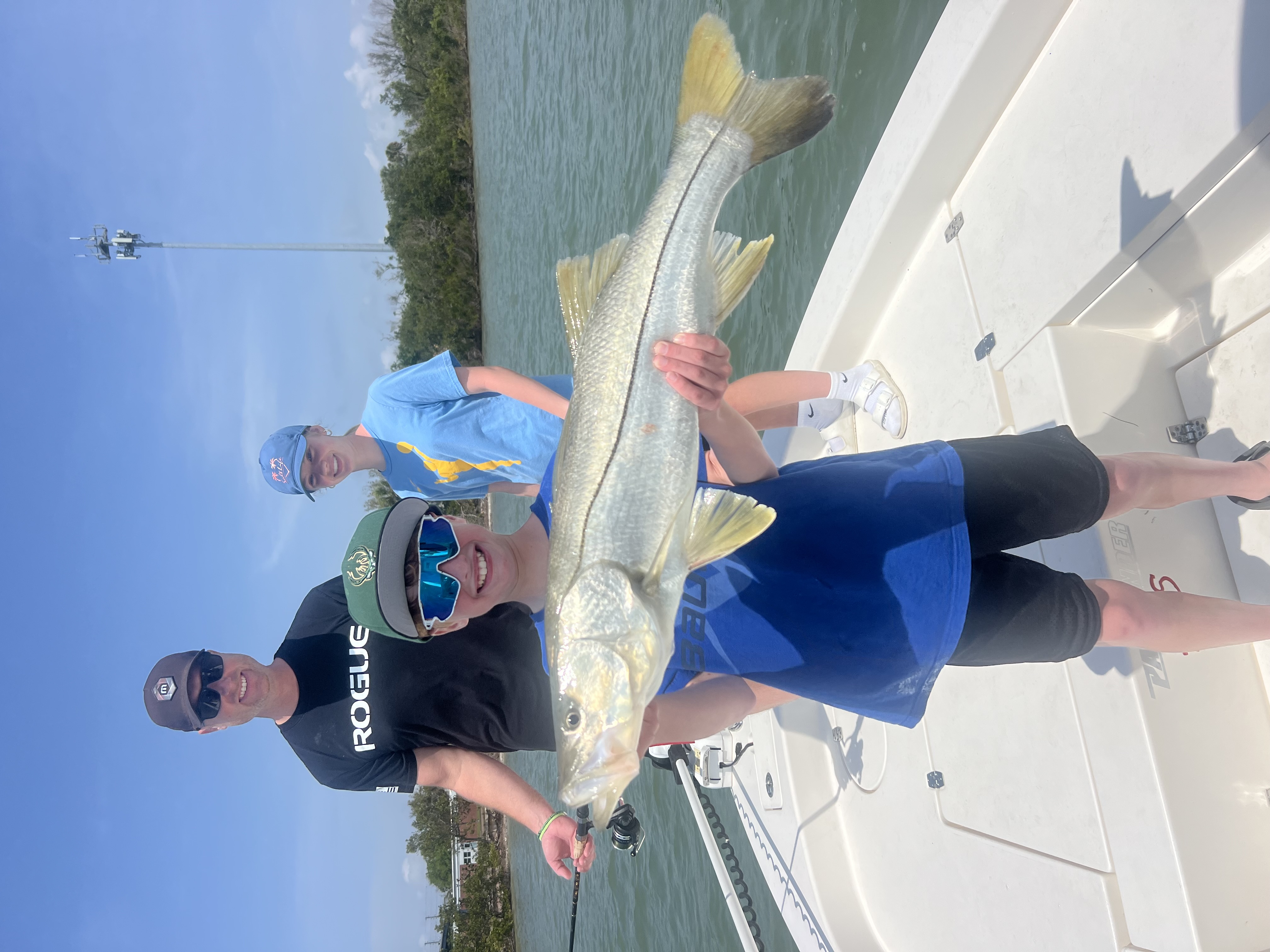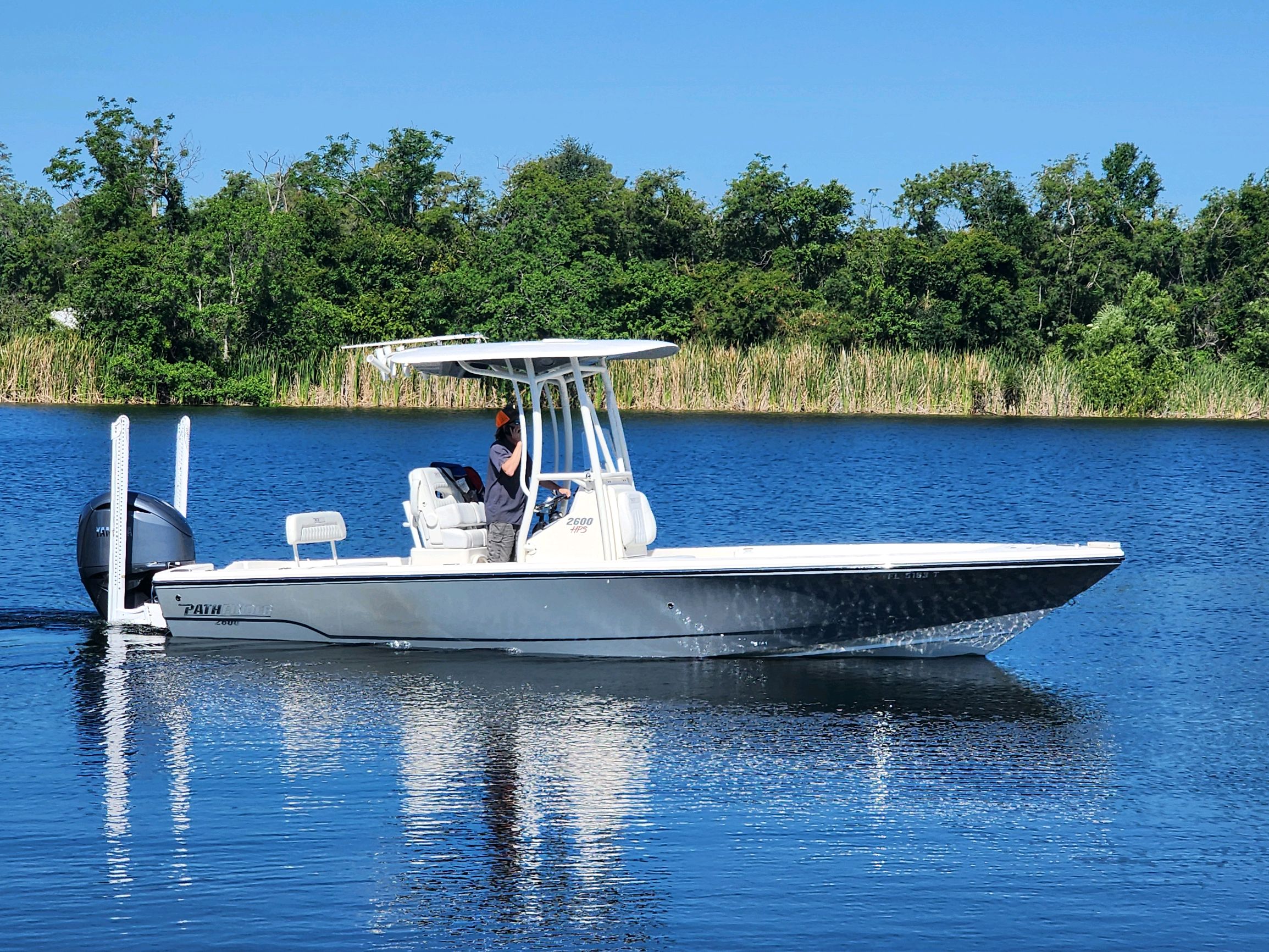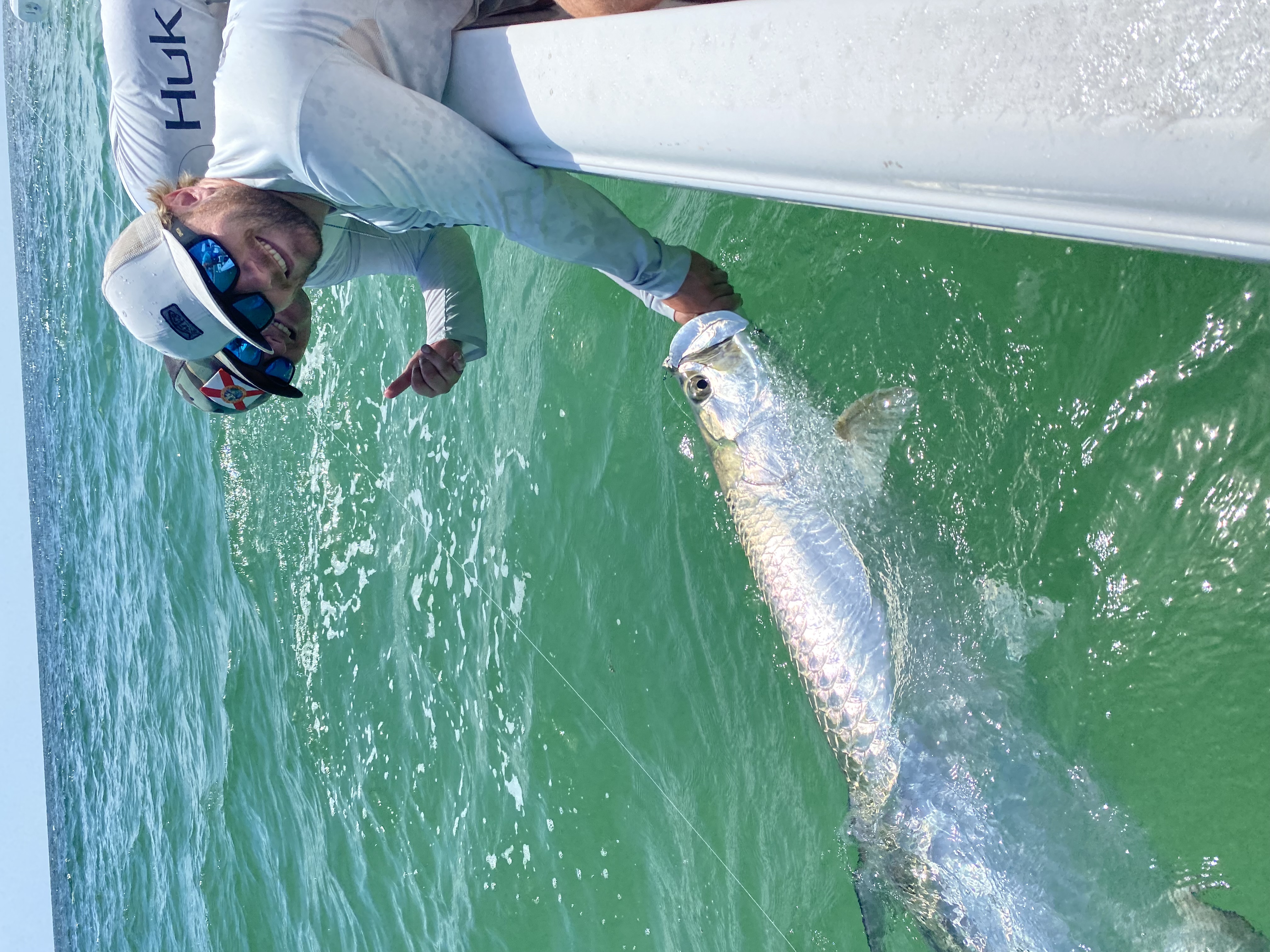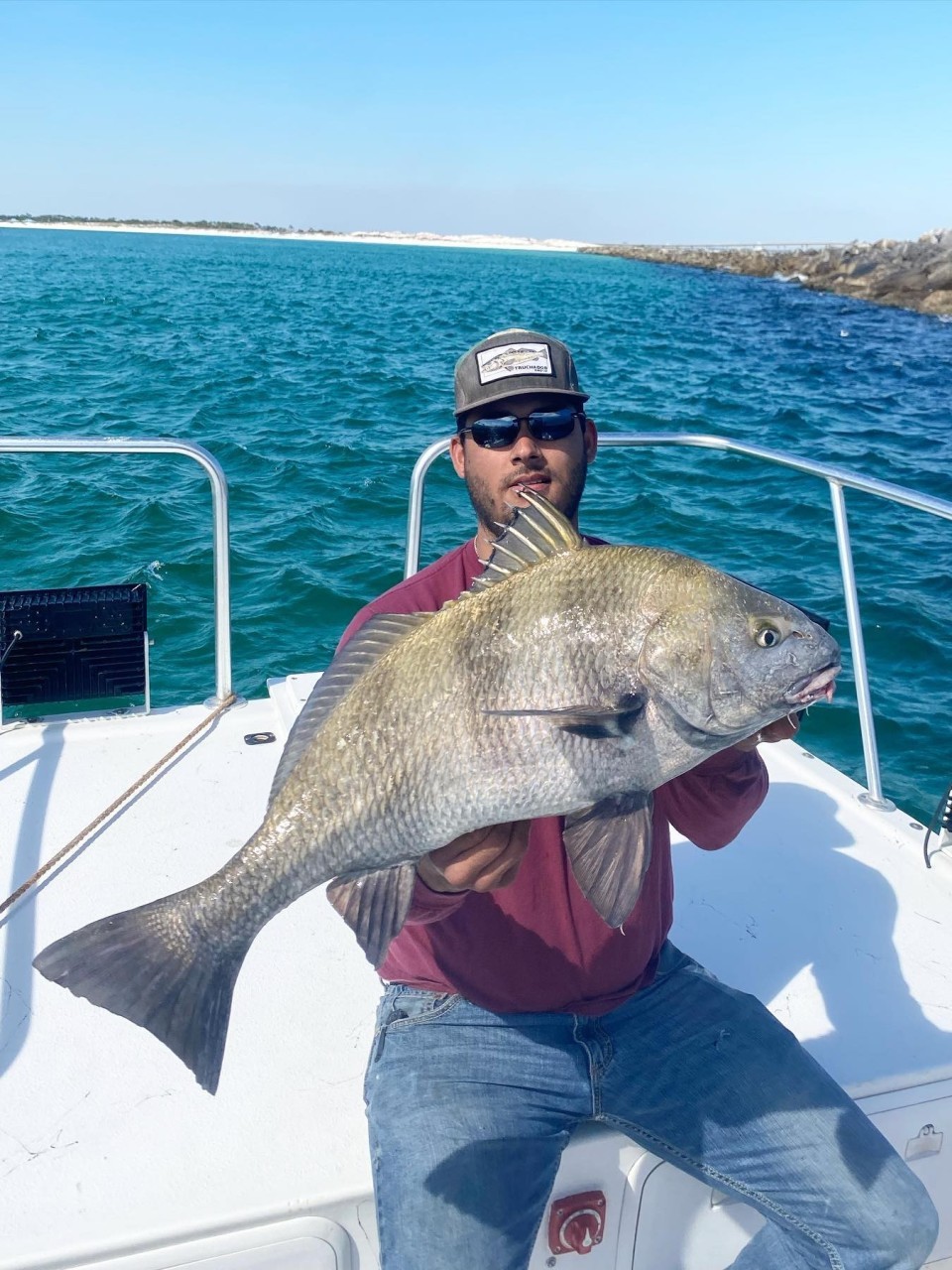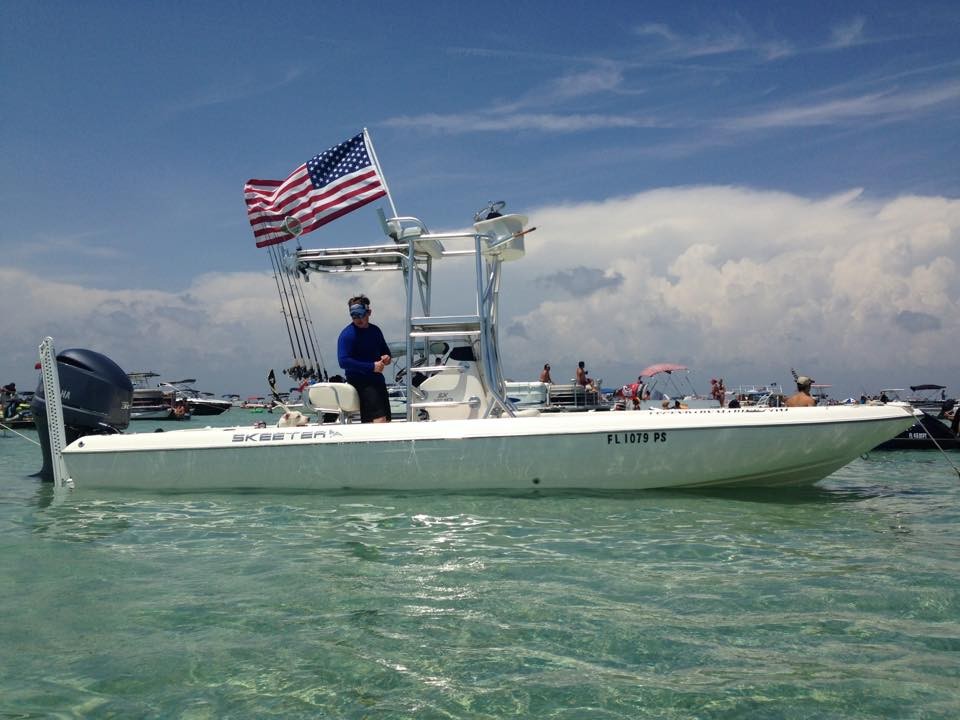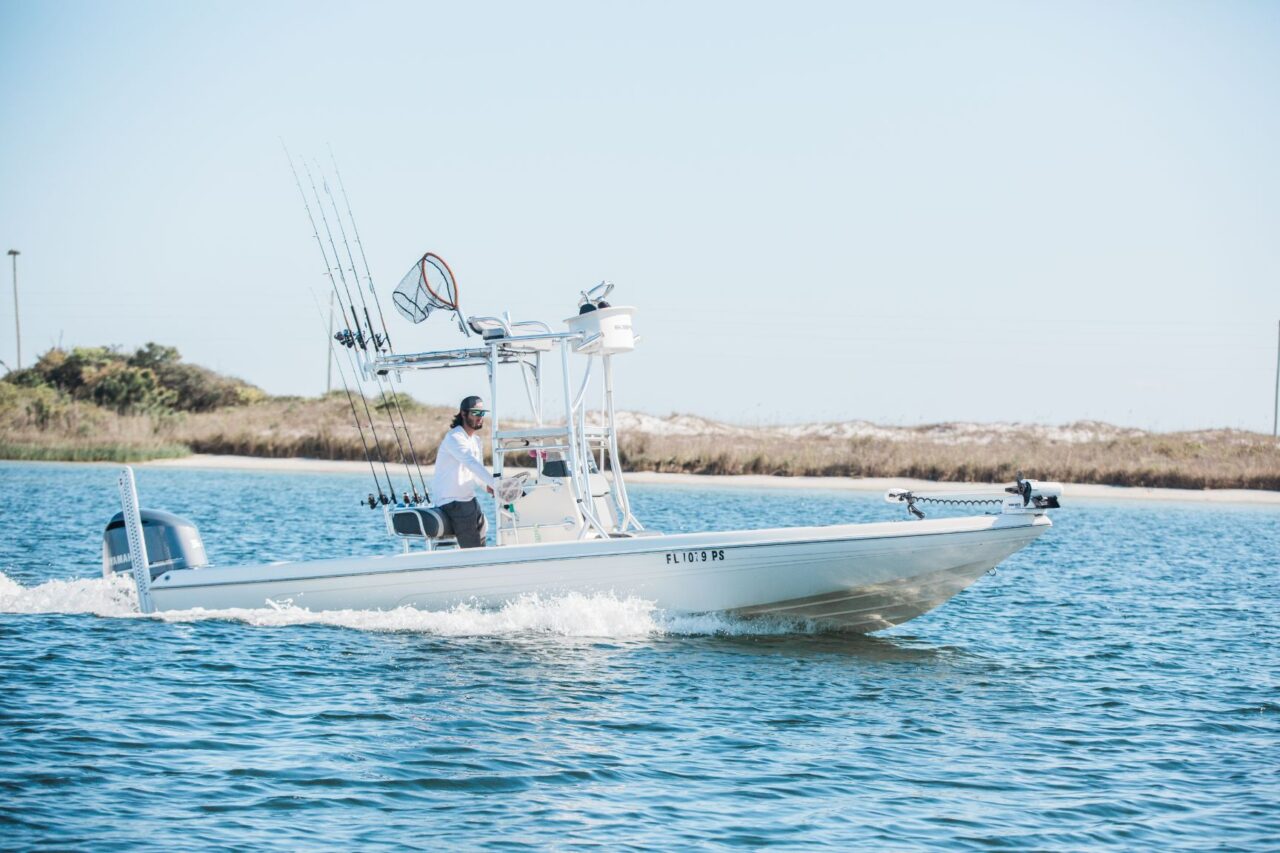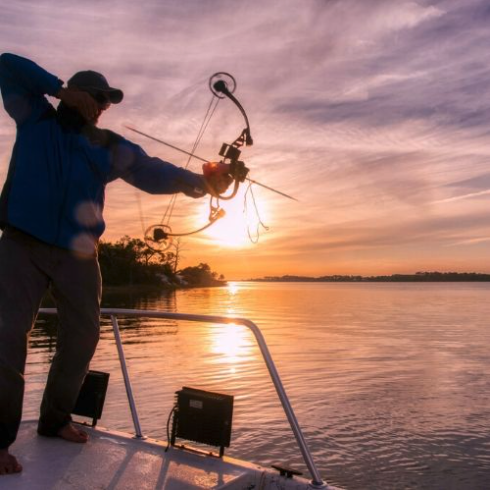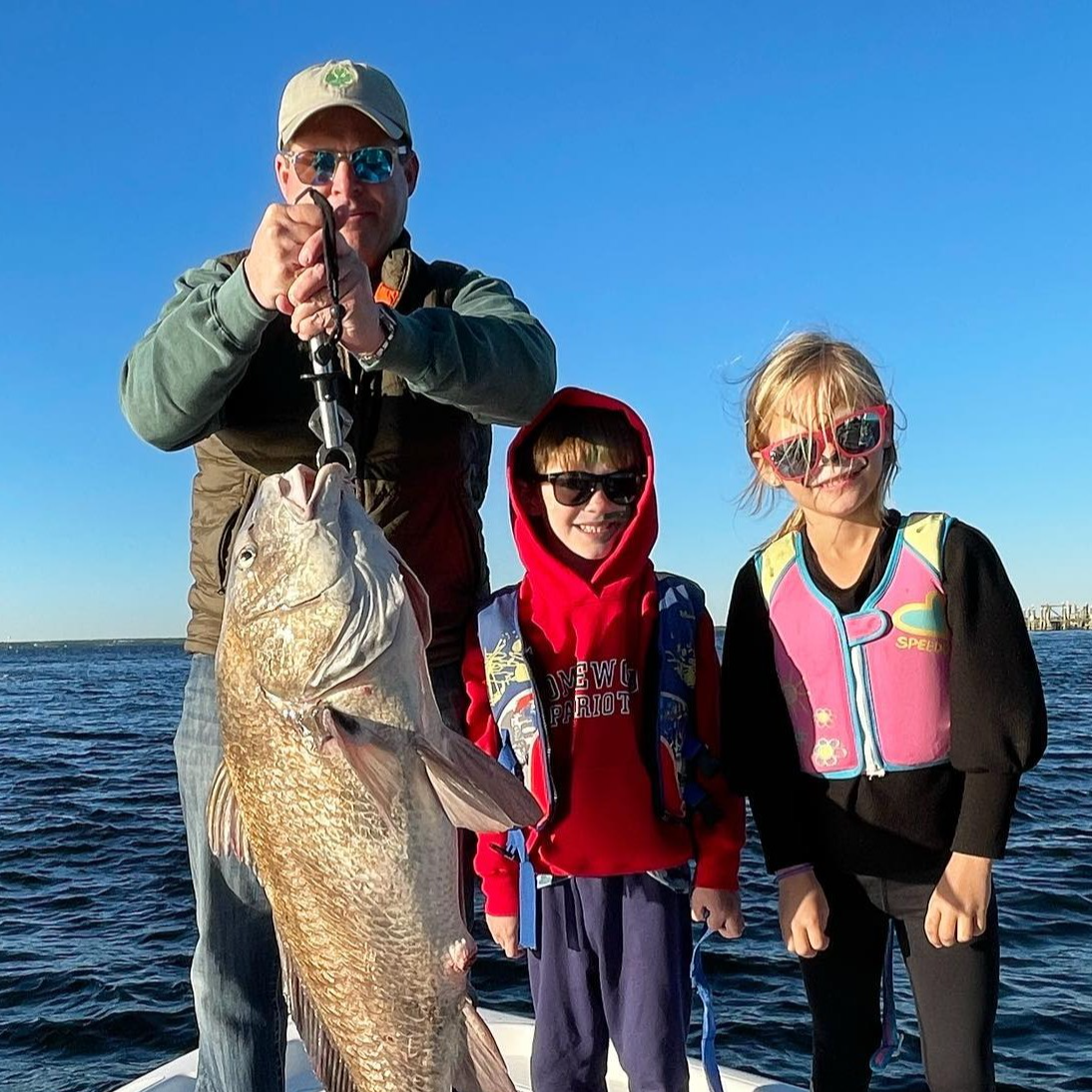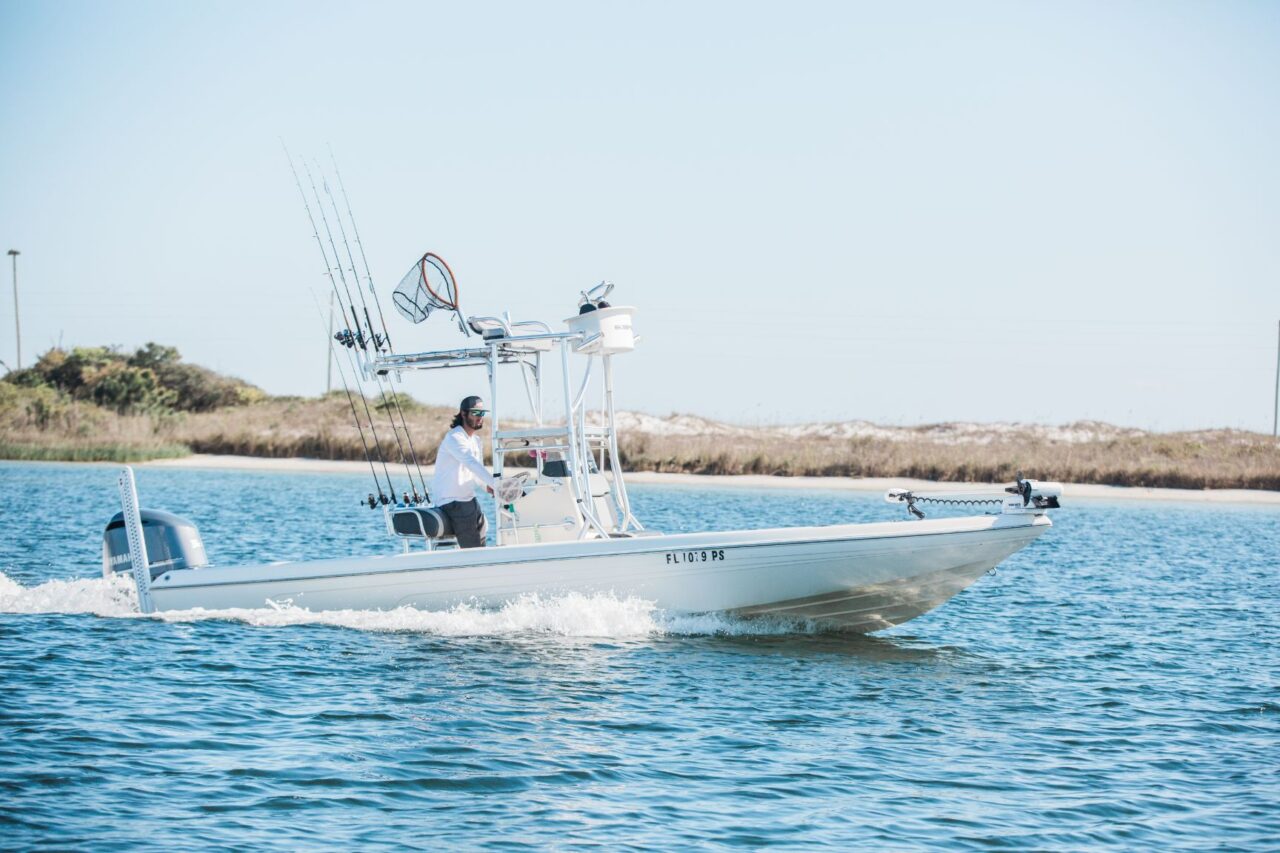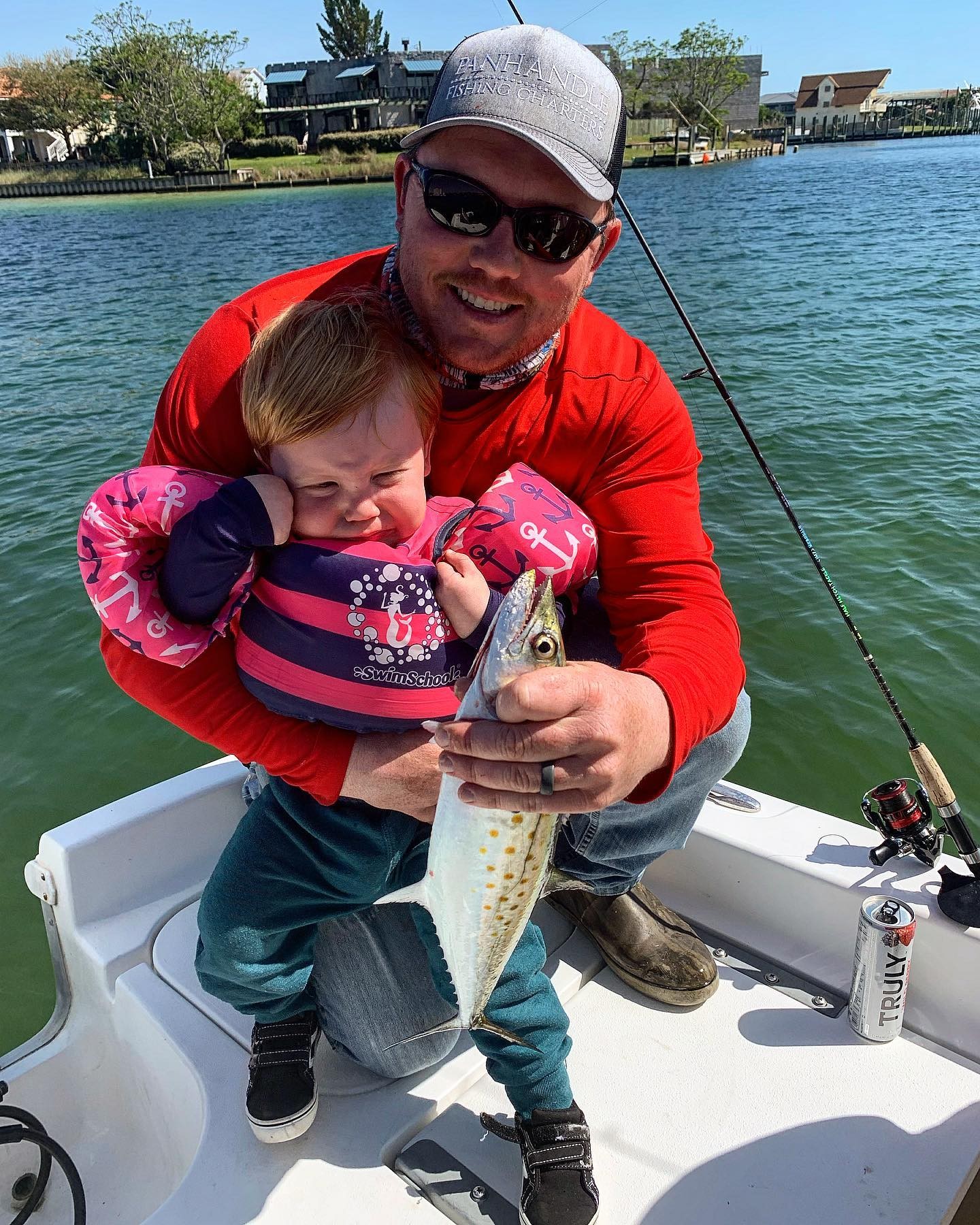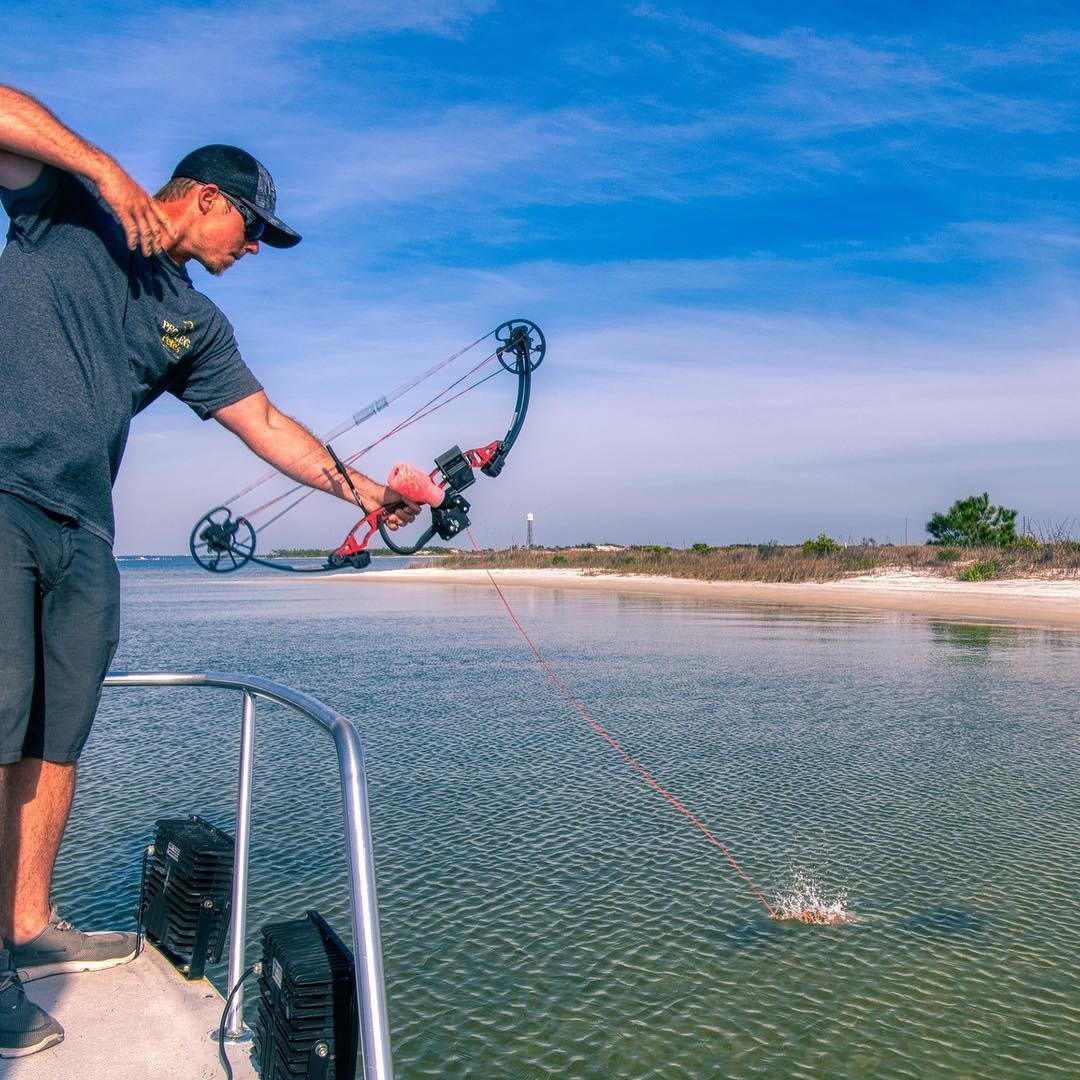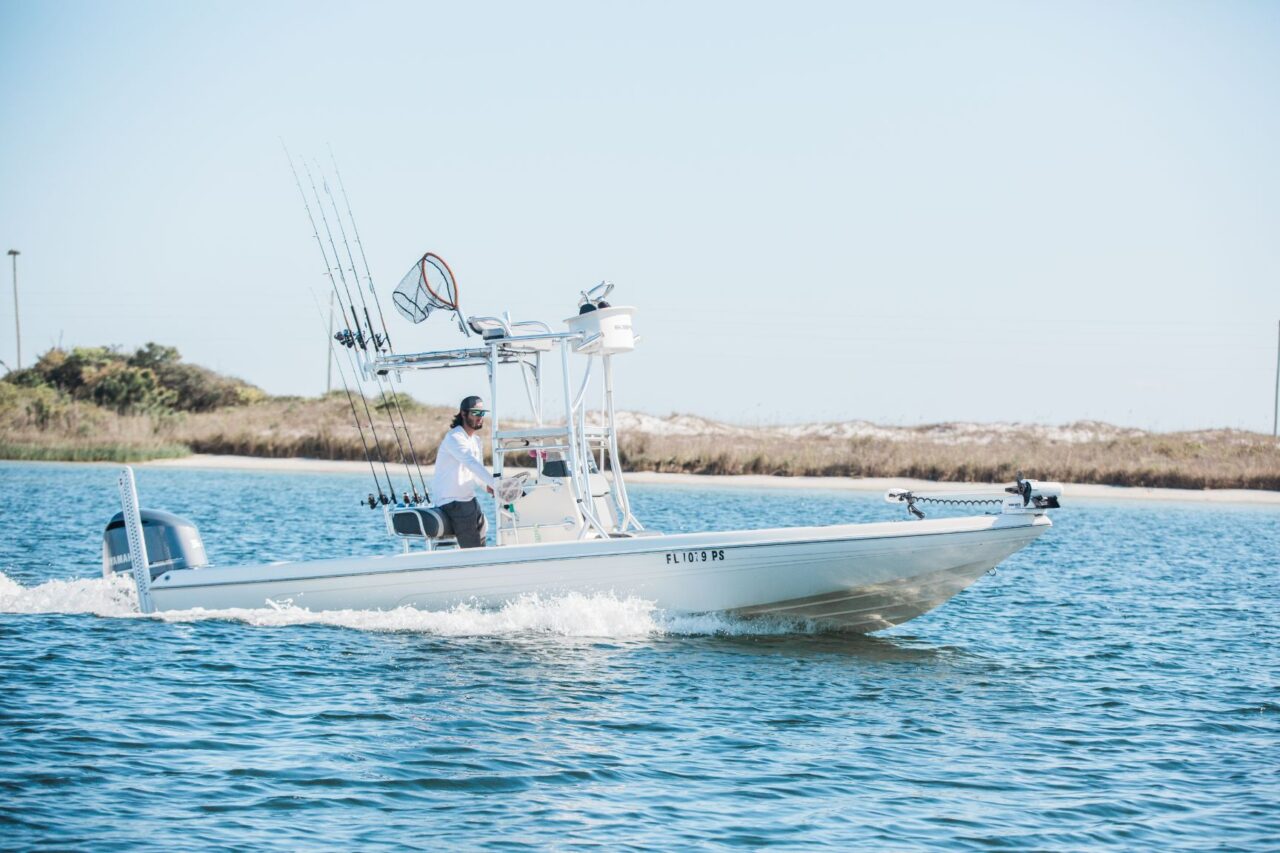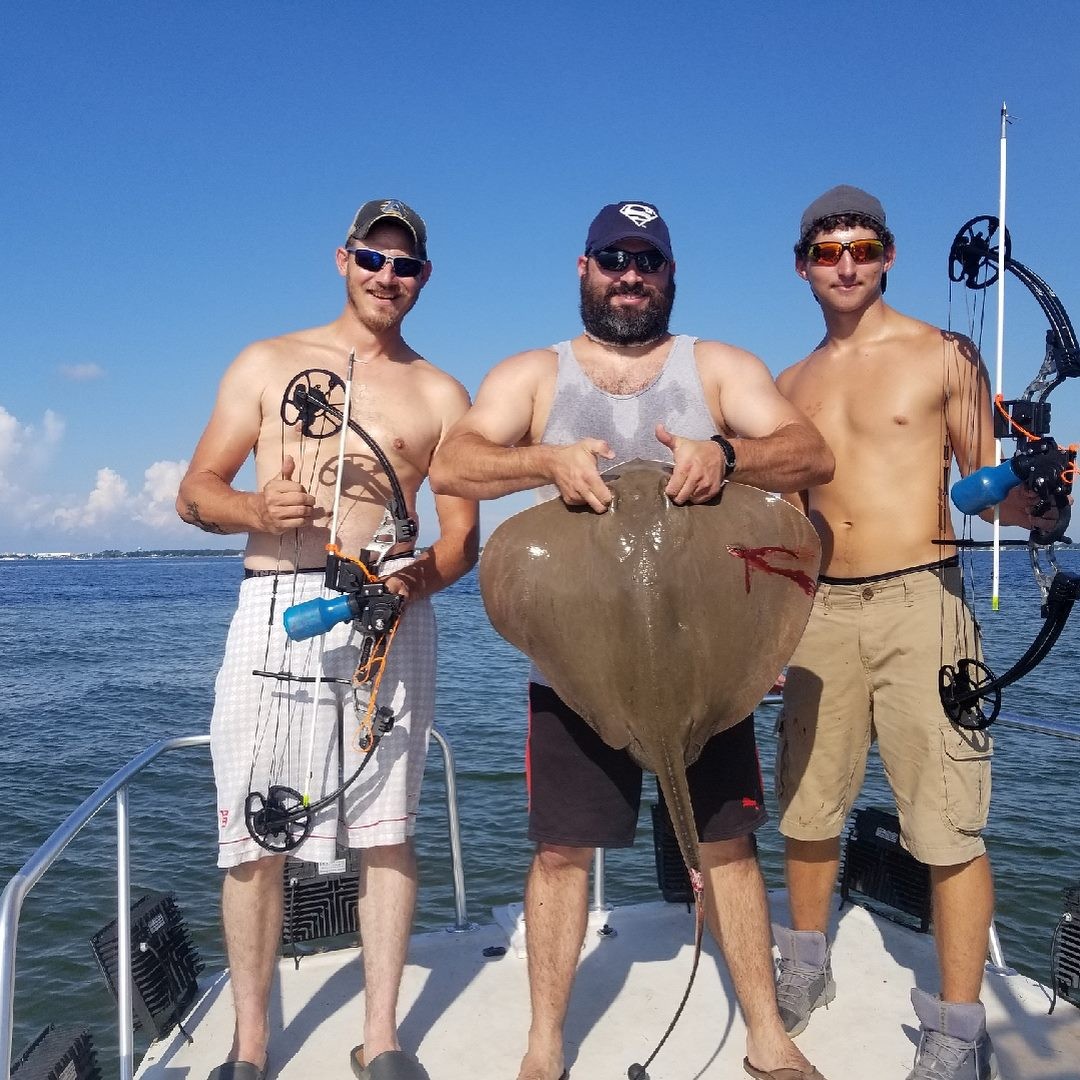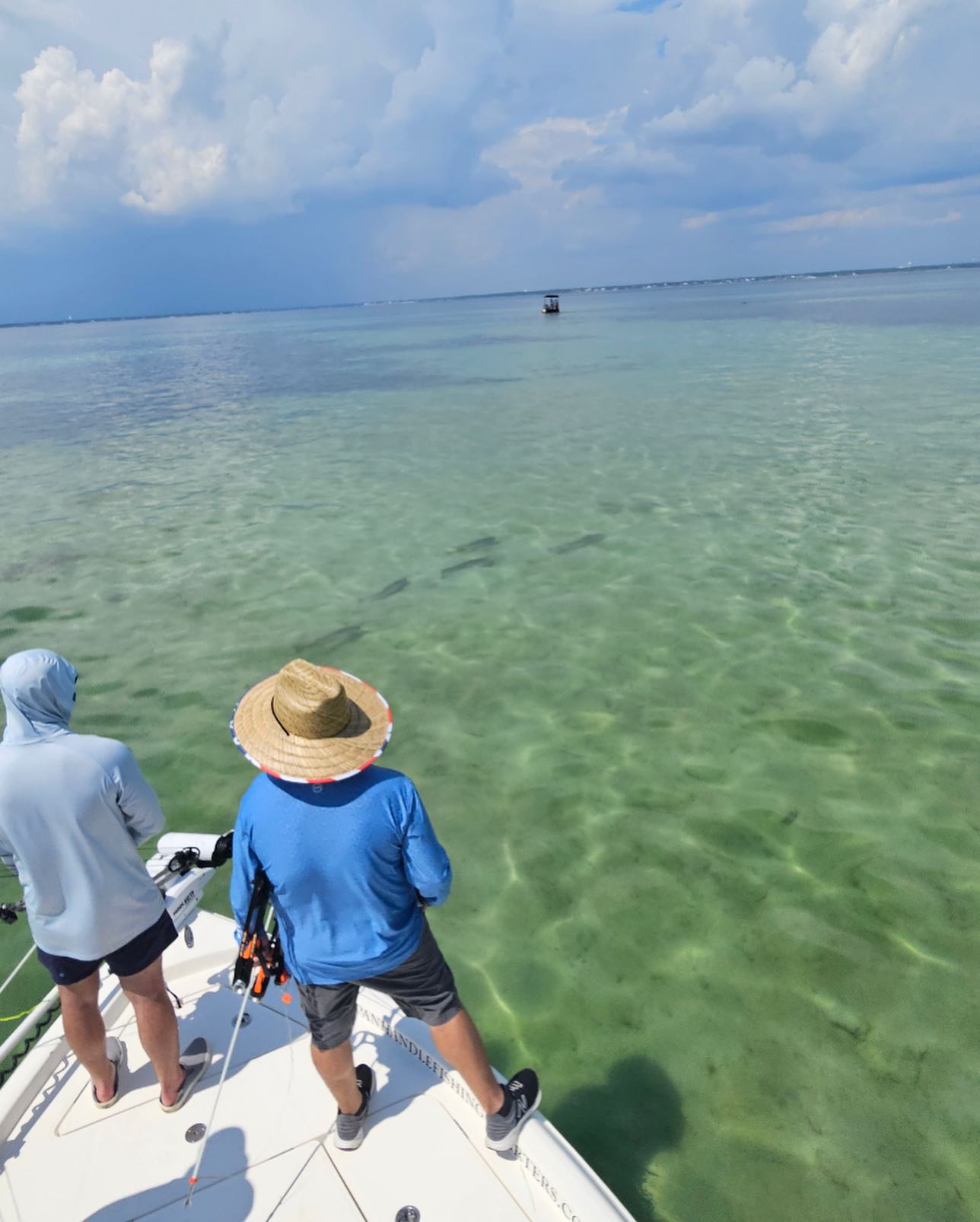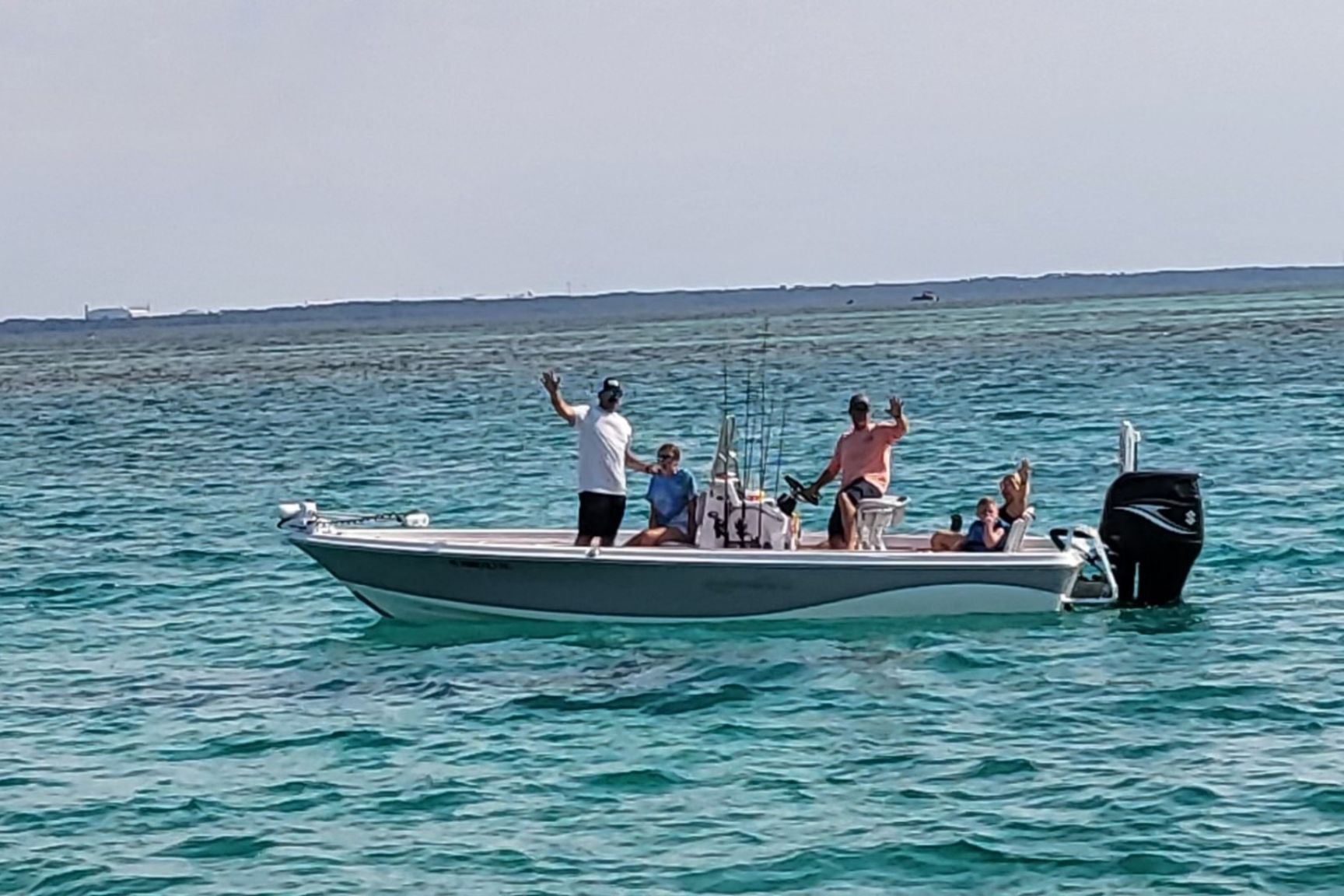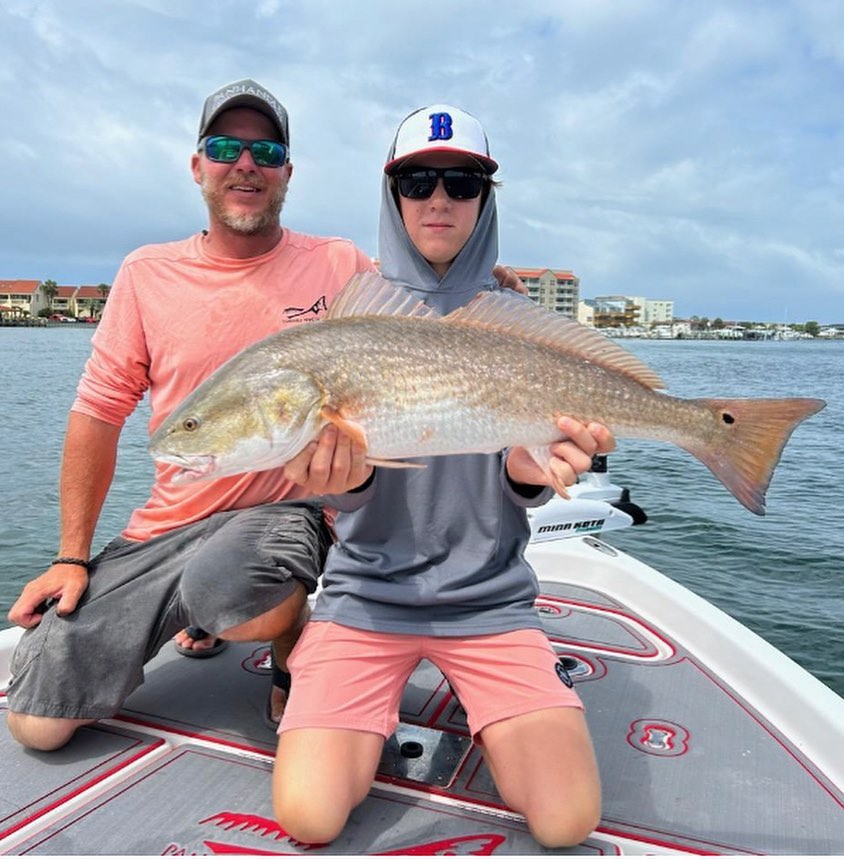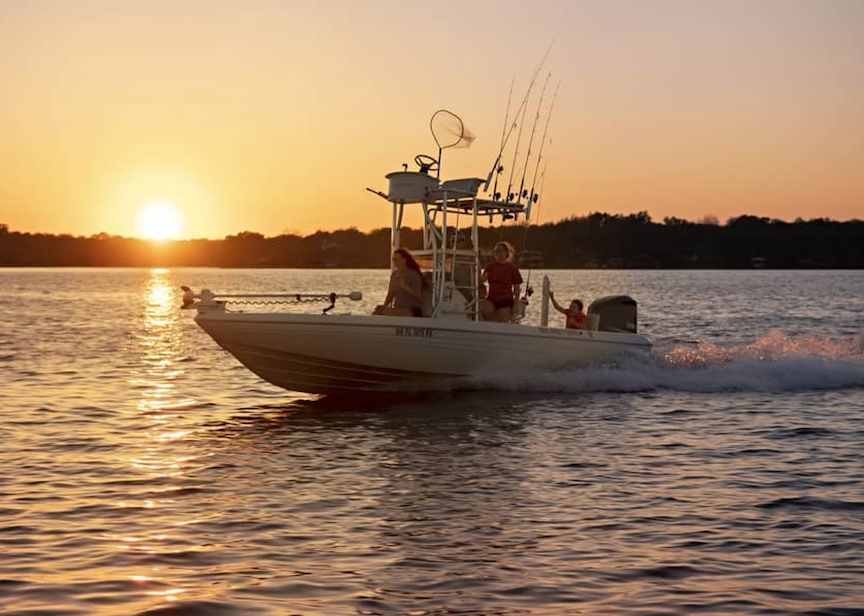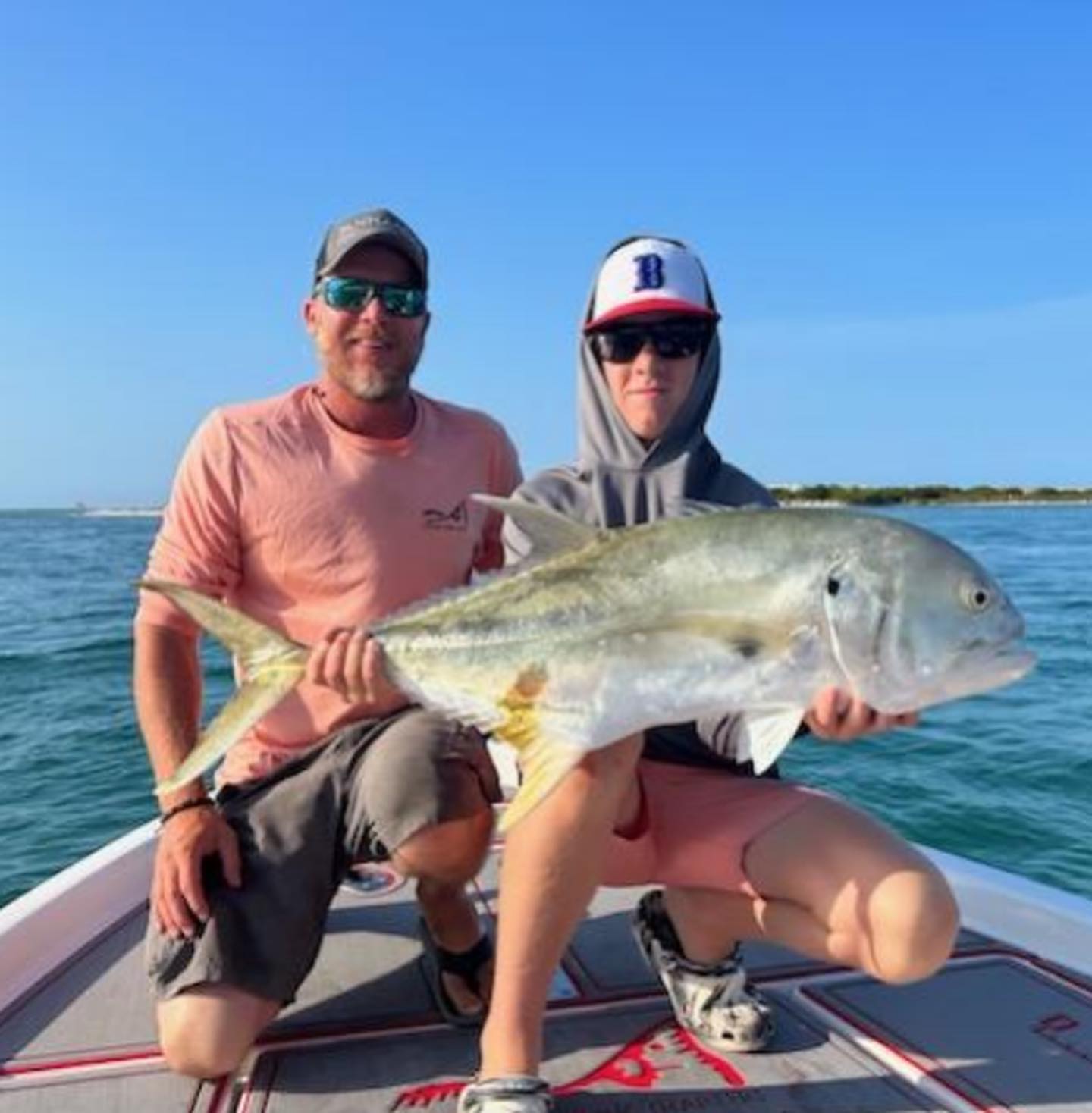Damn Good Guides
Experts Available 24/7
100% Weather Guarantee
Recently Booked Duck Hunting Guides In Intracoastal Waterway
Daytona Beach Duck Hunt
Duck Hunting in Pensacola Beach
Bay And Gulf Hunts
“Our Damn Good Guides go above and beyond, and we’ve handpicked every single one. We’re passionate about the outdoors and look forward to getting you out on the trip of a lifetime, every time.”
Jonathan and Attison | Co-founders | Austin, Texas
Other Captain Experiences Trips in Intracoastal Waterway
Inshore, River, Flats in Jacksonville
Experience World-class Fishing.
Inshore, River Fishing in Mount Pleasant
Inshore Light Fishing Trip
Inshore Fishing in Crystal River
Crystal River Inshore
Deep Sea, Nearshore Fishing in New Smyrna Beach
East Coast Offshore/Nearshore
Inshore Fishing in Pompano Beach
Inshore Florida Fish Frenzy!
Inshore, Nearshore, Flats in Indian Shores
Reel Salty Sportfishing
Inshore, Nearshore, Jetty in Fort Walton Beach
Bay Fishing Trip
Inshore, Flats Fishing in Fort Walton Beach
Nighttime Bowfishing Adventure
Inshore, Flats Fishing in Fort Walton Beach
Kid's Fishing Adventure
Inshore, Flats Fishing in Fort Walton Beach
Daytime Bowfishing Trip
Inshore, Flats Fishing in Fort Walton Beach
Fun And Fish Combo
Inshore, Nearshore, Jetty in Fort Walton Beach
Captain's Discretion
Need a Place to Stay?
Everything to Know About Booking a hunting trip in Intracoastal Waterway
What are the best duck hunting trips in Intracoastal Waterway?
The best duck hunting trips in Intracoastal Waterway are:
What is duck hunting in Intracoastal Waterway all about?
Duck hunting along the Intracoastal Waterway offers a distinct blend of opportunities and challenges for avid hunters. Stretching along the Atlantic and Gulf coasts of the United States, this interconnected system of bays, rivers, and canals provides a diverse range of habitats that attract a variety of duck species throughout the migratory season. From the marshy expanses of Louisiana to the brackish waters of Florida, hunters can explore different environments and adapt their strategies based on local conditions and the behavior of migrating ducks.
One popular method of duck hunting along the Intracoastal Waterway involves utilizing small boats or kayaks to access remote areas where ducks congregate. These shallow-draft vessels allow hunters to navigate narrow channels and marshes quietly, minimizing disturbance to the birds. Setting up blinds or hiding among natural vegetation, hunters can strategically place decoys to lure ducks into range, relying on skillful calling techniques to enhance the realism of their setups. Patience and keen observation are essential as hunters wait for ducks to respond to their calls and decoys.
The Intracoastal Waterway's geographical diversity means that hunting techniques can vary widely depending on the region and the time of year. Early in the season, hunters may target fast-flying teal and other early migrators, while later months may see a greater variety of ducks, including mallards, gadwalls, and pintails. Local regulations and conservation efforts ensure sustainable hunting practices, preserving the natural habitats that support these migratory birds. For enthusiasts seeking both adventure and a connection to nature, duck hunting along the Intracoastal Waterway offers a rewarding experience amidst some of America's most scenic coastal landscapes.
What are the most popular months to go duck hunting in Intracoastal Waterway?
Duck hunting seasons along the Intracoastal Waterway span from early fall through winter, aligning with the annual migration patterns of various duck species along the Atlantic and Gulf coasts. Each region along the Intracoastal Waterway may have slightly different hunting seasons and regulations, reflecting local climates and the timing of migratory movements. Typically, the hunting season begins as early as September or October and extends through January or February, offering ample opportunities for enthusiasts to pursue their favorite waterfowl.
Understanding the nuances of each duck species' migration pattern is crucial for planning a successful hunt along the Intracoastal Waterway. Early in the season, hunters may target teal, wigeon, and other early migrants that move southward ahead of colder weather. As winter sets in, larger ducks like mallards, pintails, and gadwalls become more prevalent, often congregating in protected marshes, estuaries, and open water areas along the waterway. Hunters adapt their strategies accordingly, using decoys, blinds, and calling techniques tailored to attract specific species during their peak migratory periods.
Conservation efforts and hunting regulations play a pivotal role in maintaining sustainable duck populations along the Intracoastal Waterway. Bag limits, hunting seasons, and habitat preservation initiatives are carefully managed to ensure the long-term health of migratory bird populations and the ecosystems they depend on. Local wildlife agencies and organizations work collaboratively with hunters to promote responsible practices, ensuring that future generations can continue to enjoy the thrill and tradition of duck hunting in this rich and diverse coastal environment.
What techniques are popular for duck hunting in Intracoastal Waterway?
Duck hunting along the Intracoastal Waterway offers a variety of techniques and environments, making it a diverse and rewarding experience for hunters. One popular method is using boats equipped with blinds or layouts that allow hunters to conceal themselves along the waterway's edges or in shallow marshes. This approach requires careful scouting and setup, often involving the use of decoys strategically placed to attract passing ducks. Hunters may also employ calling techniques to mimic the sounds of ducks, enhancing the realism of their setup and drawing birds closer for a shot.
Another effective technique in the Intracoastal Waterway involves hunting from fixed blinds or pit blinds positioned in flooded timber or along the shoreline. These blinds provide hunters with a stable shooting platform and concealment from wary ducks. Hunters typically use decoys and calls to create a natural-looking spread that encourages ducks to land within shooting range. Patience and timing are essential, as ducks may approach cautiously or swiftly depending on weather conditions and hunting pressure.
For those seeking a more mobile approach, hunting from small boats or kayaks allows hunters to access remote areas of the Intracoastal Waterway where ducks may be less disturbed. This method requires stealth and skill in navigating narrow channels and shallow waters, often with the aid of portable blinds or natural cover. Hunters can adapt their strategies based on the movement of ducks and local conditions, ensuring a dynamic and immersive hunting experience along the waterway's expansive network of interconnected water bodies.
What species are popular for duck hunting in Intracoastal Waterway?
When duck hunting along the Intracoastal Waterway, hunters can encounter a diverse array of duck species that migrate along the Atlantic and Gulf coasts. Early in the season, hunters may target blue-winged teal and other early migrants that arrive as early as September. These fast-flying ducks are prized for their agility and make for challenging targets as they dart across marshes, creeks, and open water. As the season progresses into late fall and winter, larger ducks such as mallards, gadwalls, and pintails become more prevalent, drawn to the region's varied habitats of marshlands, flooded timber, and estuaries.
Understanding the seasonal movements and behaviors of these ducks is essential for successful hunting along the Intracoastal Waterway. Ducks typically concentrate in areas with abundant food sources and suitable roosting sites. Hunters often scout these locations to identify patterns and preferences of different duck species, adjusting their decoy spreads and calling techniques accordingly. Local knowledge and experience play a significant role in predicting where ducks are likely to be found during different parts of the hunting season.
Conservation efforts and hunting regulations ensure sustainable management of duck populations along the Intracoastal Waterway. Bag limits and season lengths are carefully regulated to maintain healthy duck populations and preserve the habitats that support them. Responsible hunting practices, such as adhering to legal limits and participating in habitat conservation programs, contribute to the long-term sustainability of this cherished outdoor tradition. By respecting these guidelines and appreciating the natural beauty of the Intracoastal Waterway, hunters can enjoy memorable and rewarding experiences while contributing to the conservation of migratory waterfowl.
Featured Cities
- Fishing Charters Near Me
- Austin Fishing Guides
- Biloxi Fishing Charters
- Bradenton Fishing Charters
- Cabo San Lucas Fishing Charters
- Cancun Fishing Charters
- Cape Coral Fishing Charters
- Charleston Fishing Charters
- Clearwater Fishing Charters
- Corpus Christi Fishing Charters
- Crystal River Fishing Charters
- Dauphin Island Fishing Charters
- Daytona Beach Fishing Charters
- Destin Fishing Charters
- Fort Lauderdale Fishing Charters
- Fort Myers Fishing Charters
- Fort Walton Beach Fishing Charters
- Galveston Fishing Charters
- Gulf Shores Fishing Charters
- Hatteras Fishing Charters
- Hilton Head Fishing Charters
- Islamorada Fishing Charters
- Jacksonville Fishing Charters
- Jupiter Fishing Charters
- Key Largo Fishing Charters
- Key West Fishing Charters
- Kona Fishing Charters
- Lakeside Marblehead Fishing Charters
- Marathon Fishing Charters
- Marco Island Fishing Charters
- Miami Fishing Charters
- Montauk Fishing Charters
- Morehead City Fishing Charters
- Naples Fishing Charters
- New Orleans Fishing Charters
- New Smyrna Beach Fishing Charters
- Ocean City Fishing Charters
- Orange Beach Fishing Charters
- Panama City Beach Fishing Charters
- Pensacola Fishing Charters
- Pompano Beach Fishing Charters
- Port Aransas Fishing Charters
- Port Orange Fishing Charters
- Rockport Fishing Charters
- San Diego Fishing Charters
- San Juan Fishing Charters
- Sarasota Fishing Charters
- South Padre Island Fishing Charters
- St. Augustine Fishing Charters
- St. Petersburg Fishing Charters
- Tampa Fishing Charters
- Tarpon Springs Fishing Charters
- Venice Fishing Charters
- Virginia Beach Fishing Charters
- West Palm Beach Fishing Charters
- Wilmington Fishing Charters
- Wrightsville Beach Fishing Charters
Didn't Find What You Were Looking For?
Our guides are Damn Good Guides, which means they’re vetted by our team of outdoor experts who know them on a first-name basis. We hand pick each and every one of them, and our network spans all across the US and beyond.
The proof is in the pudding, and we’re incredibly proud of our 4.9 / 5 average review score. Hit the button below to see more trip options:


